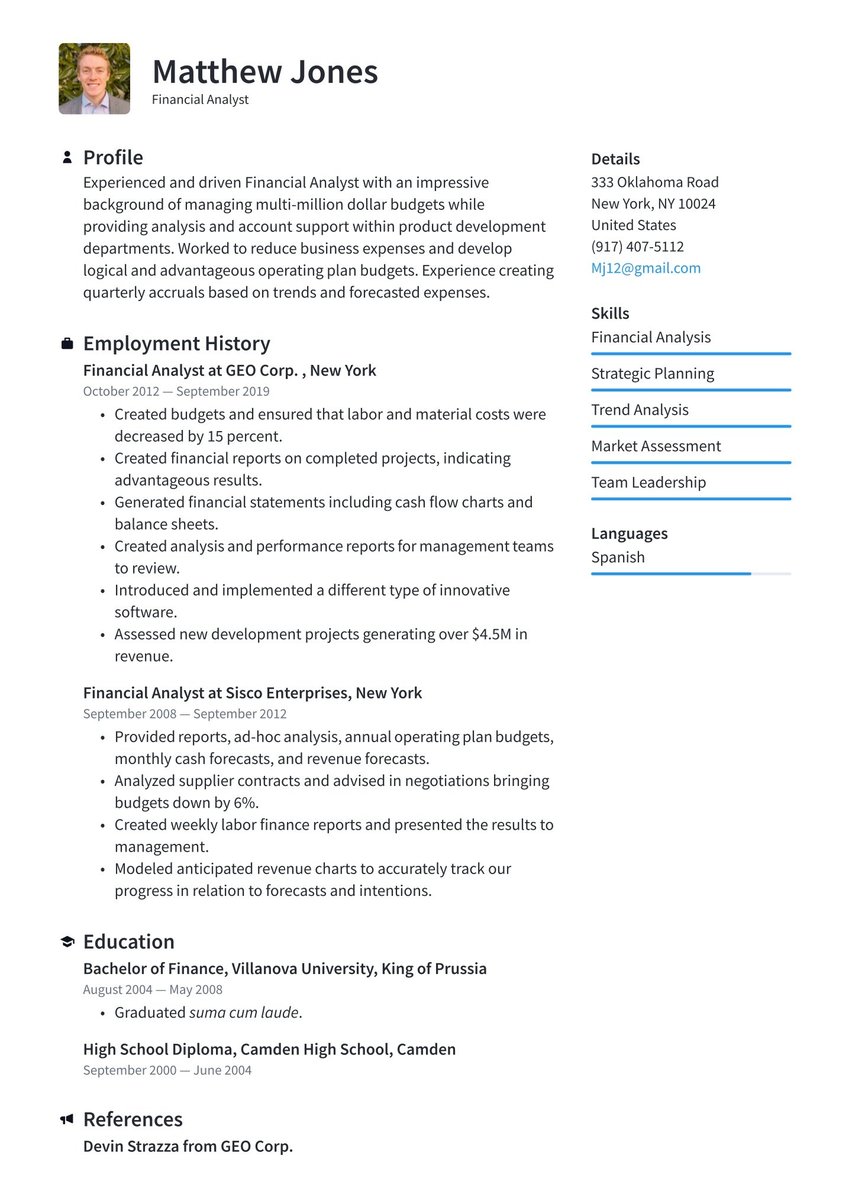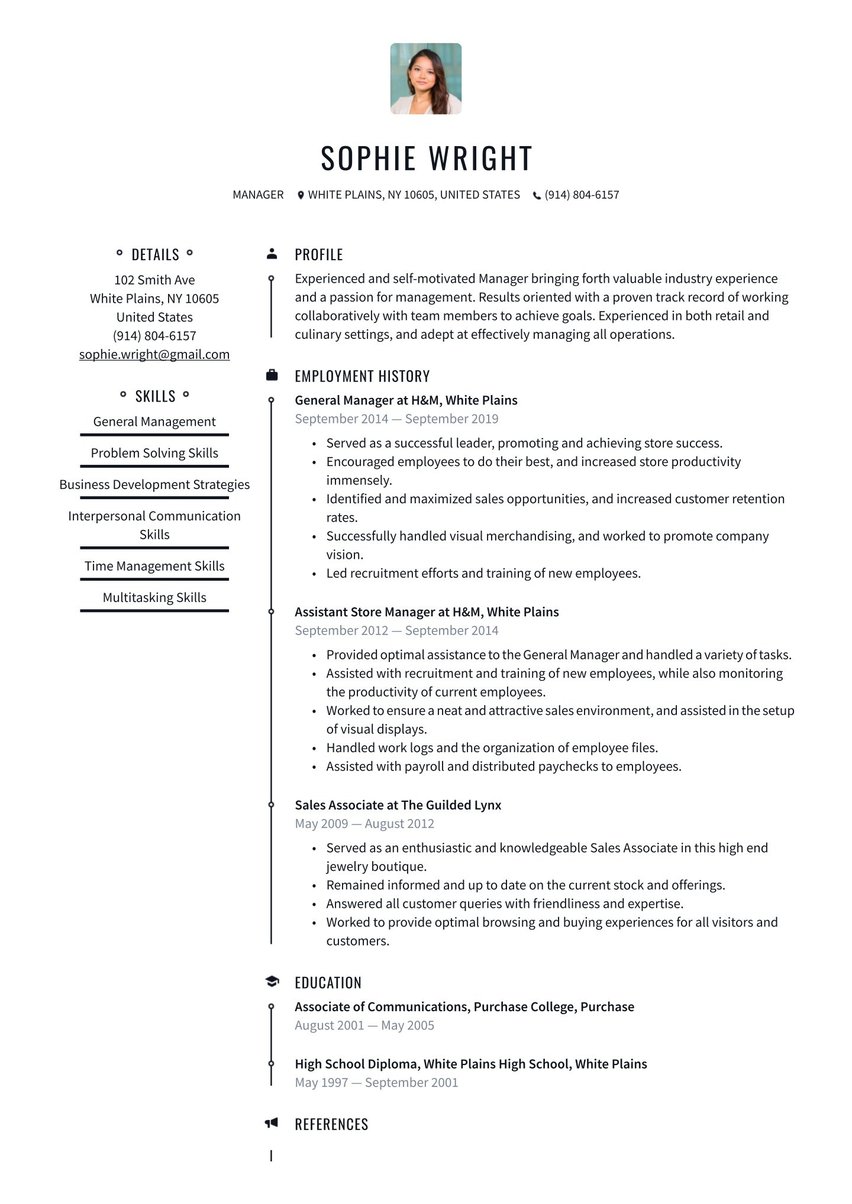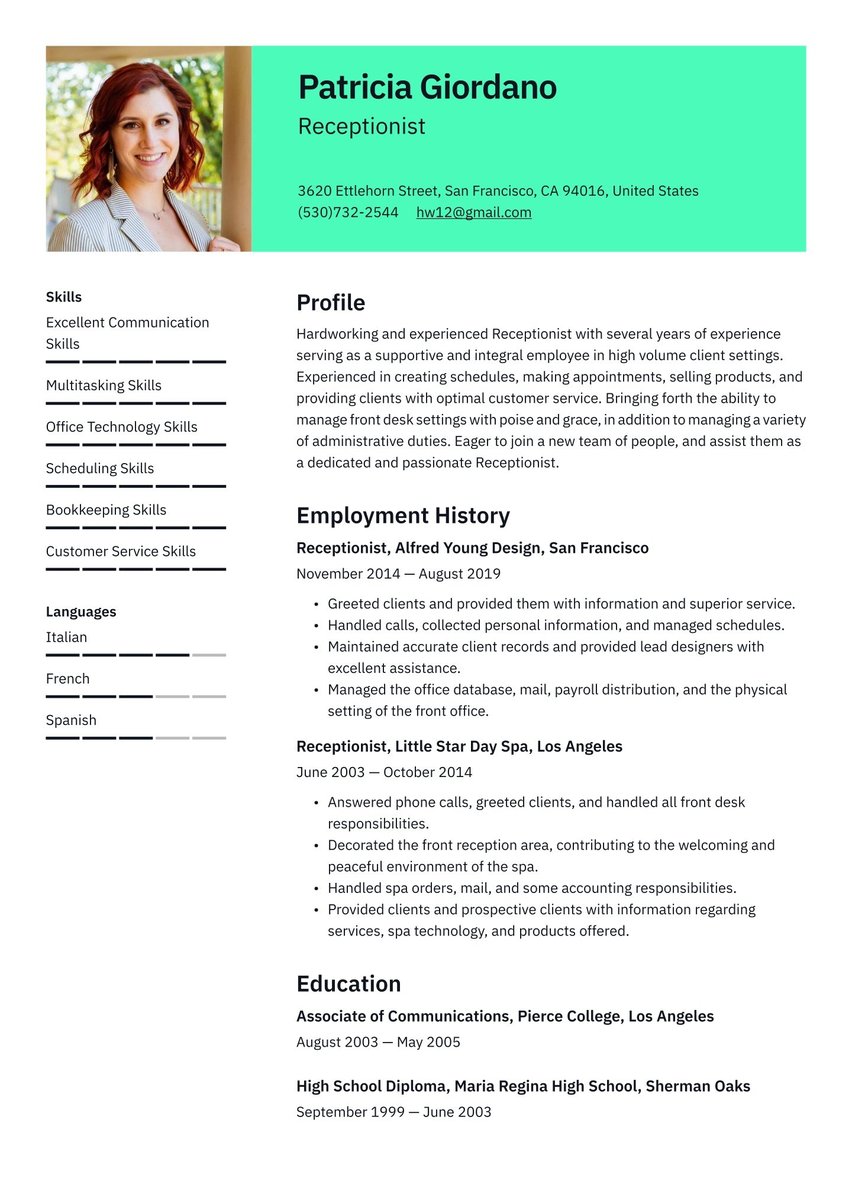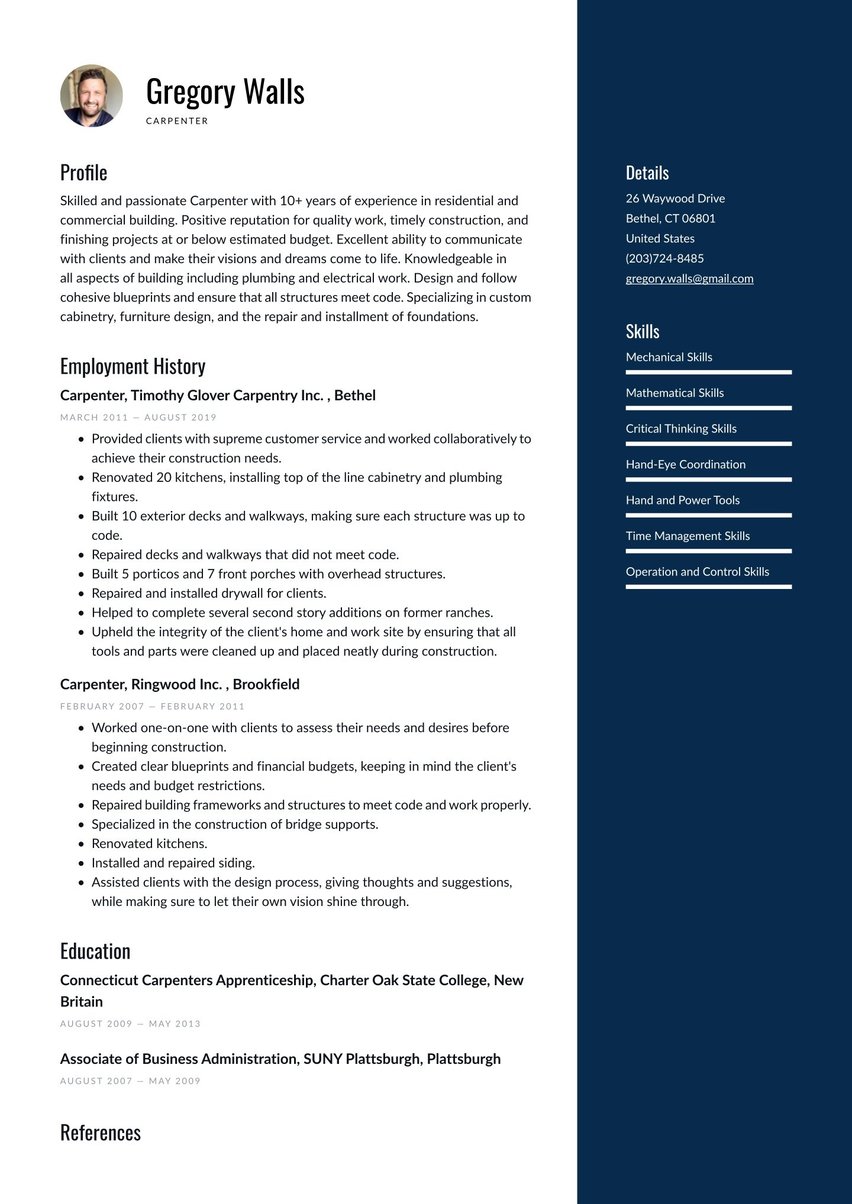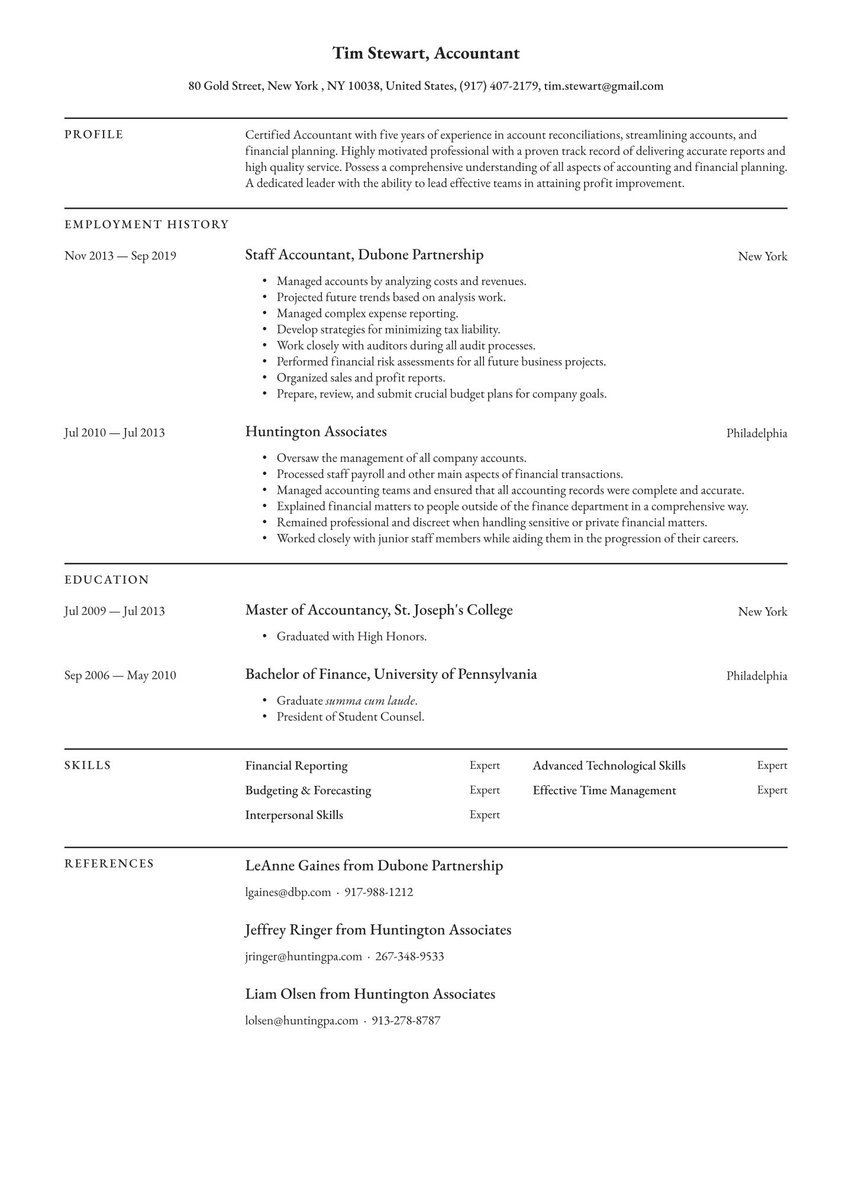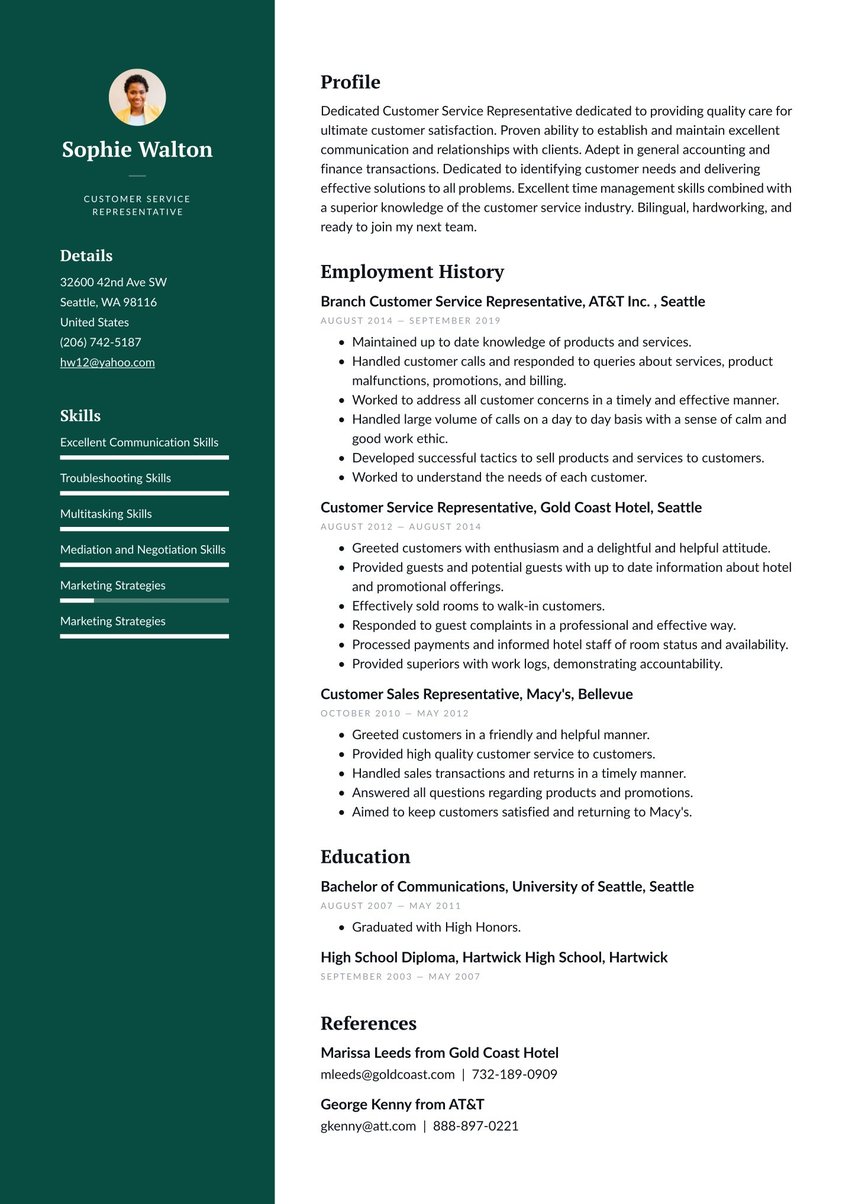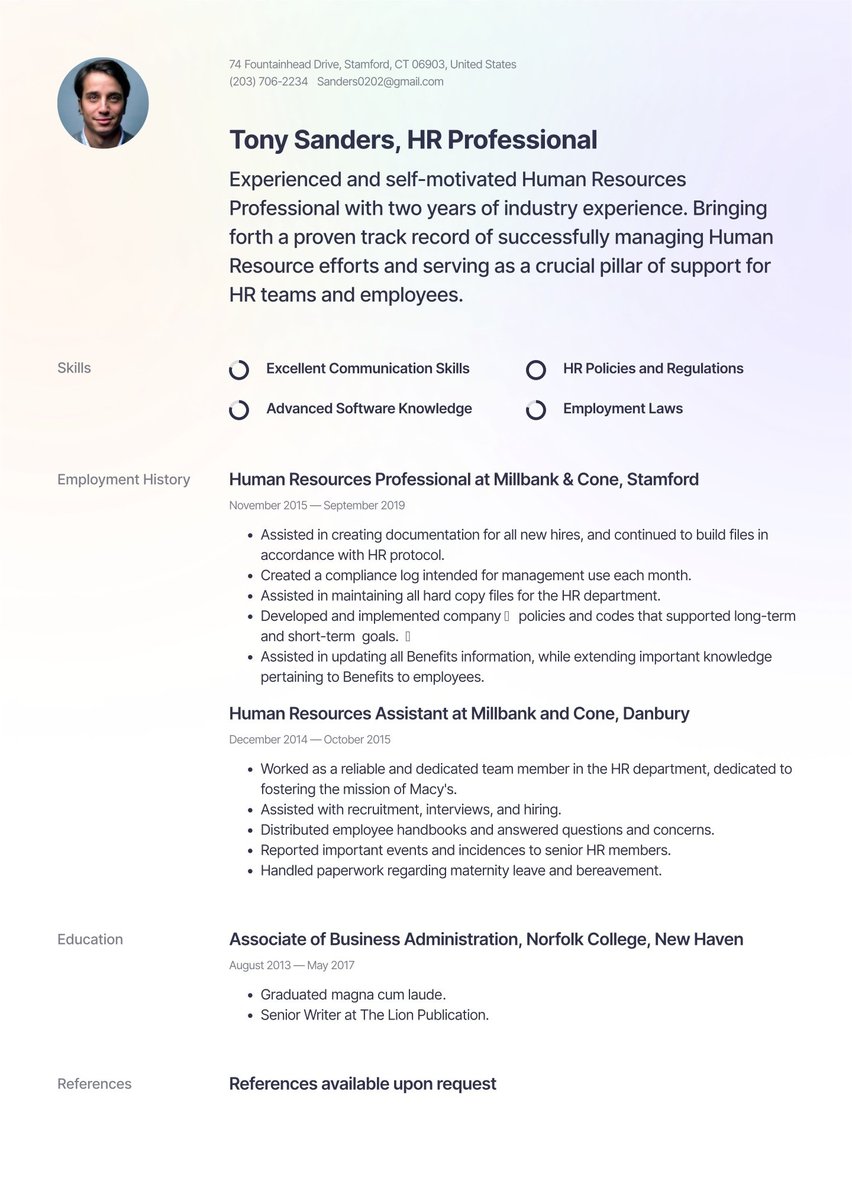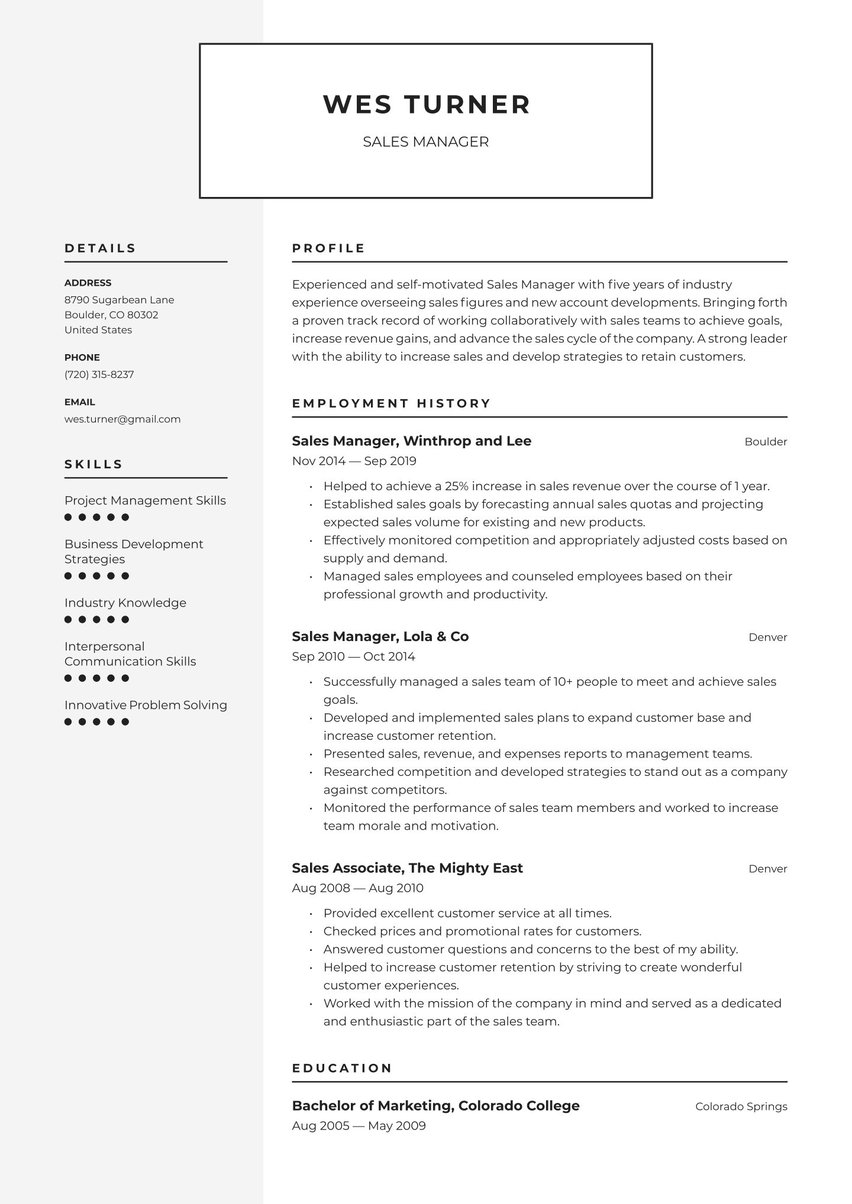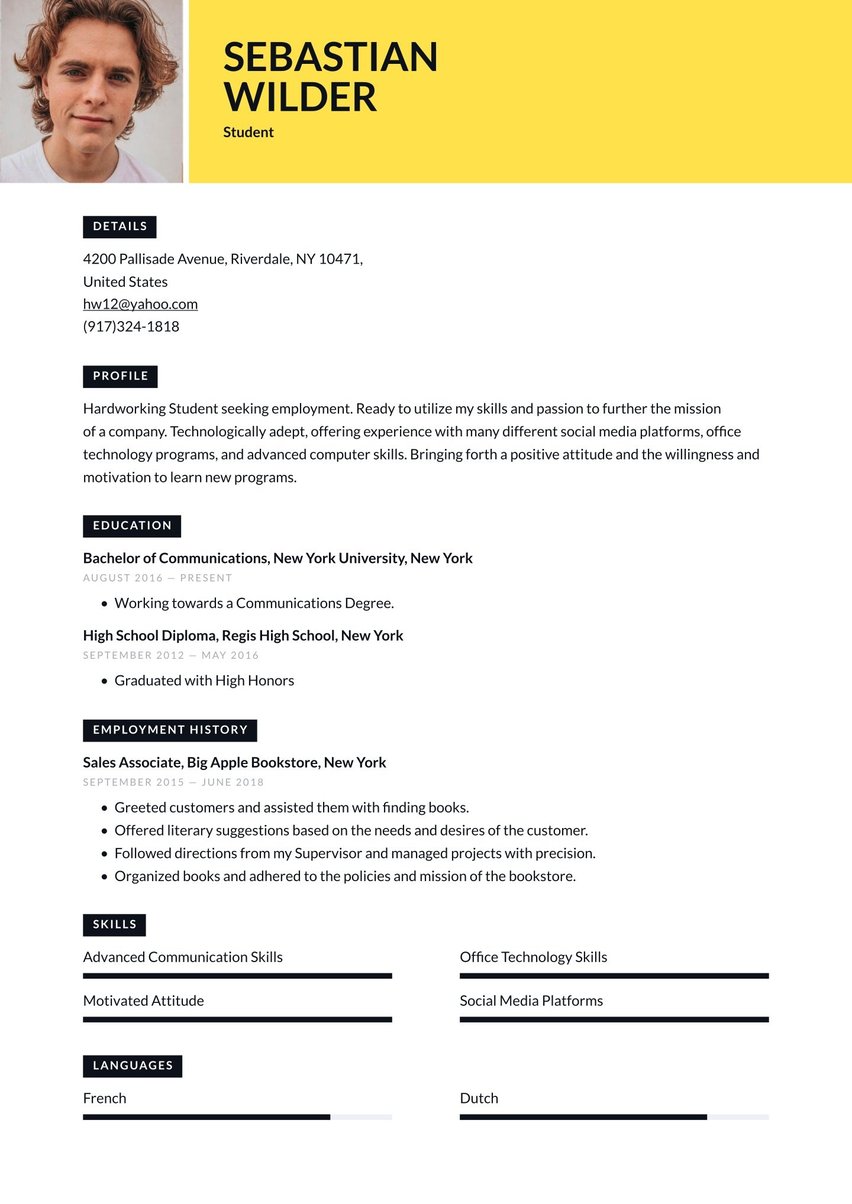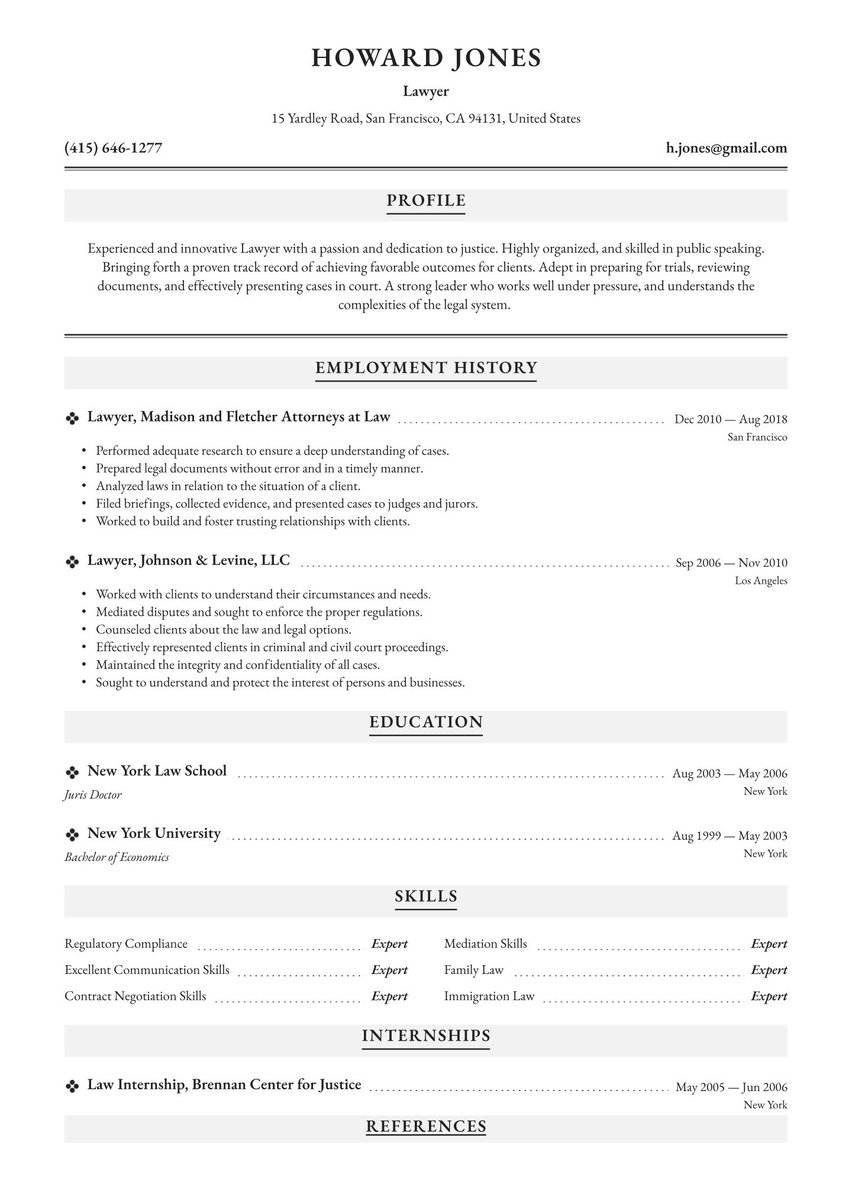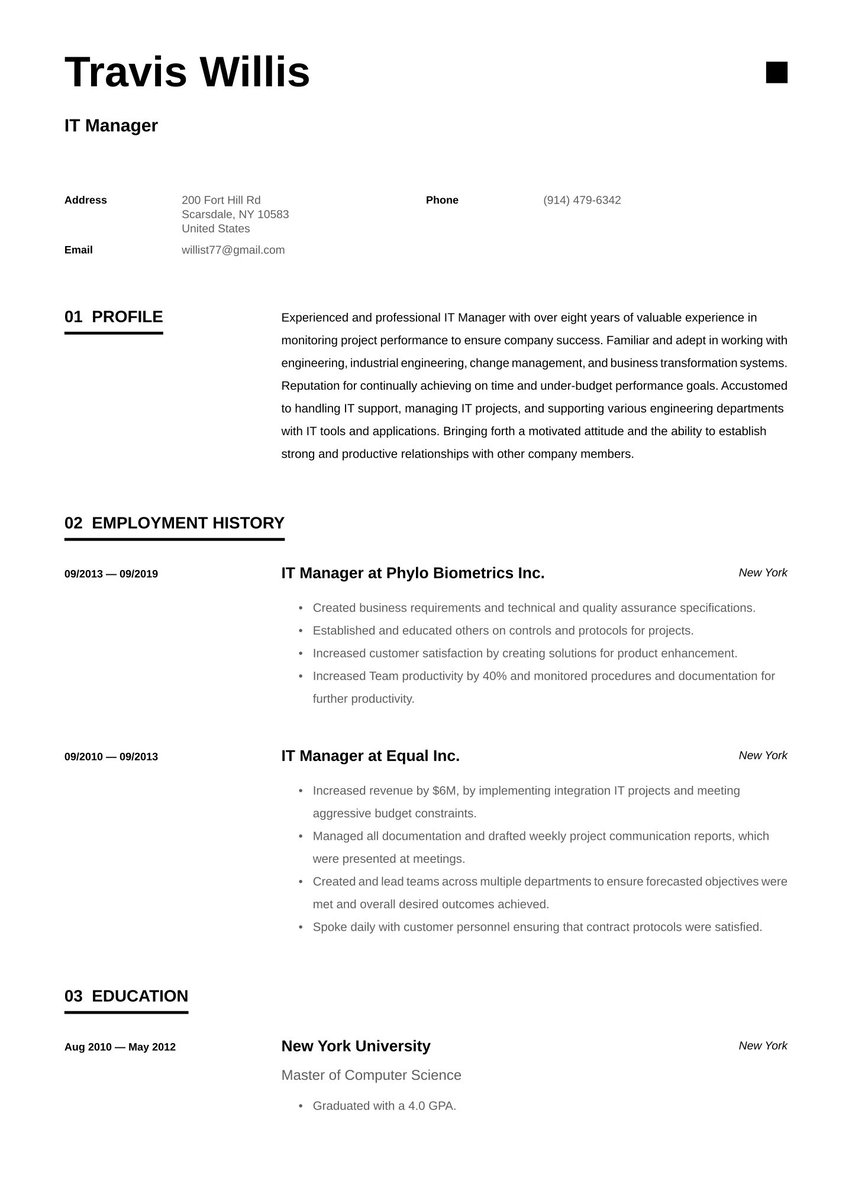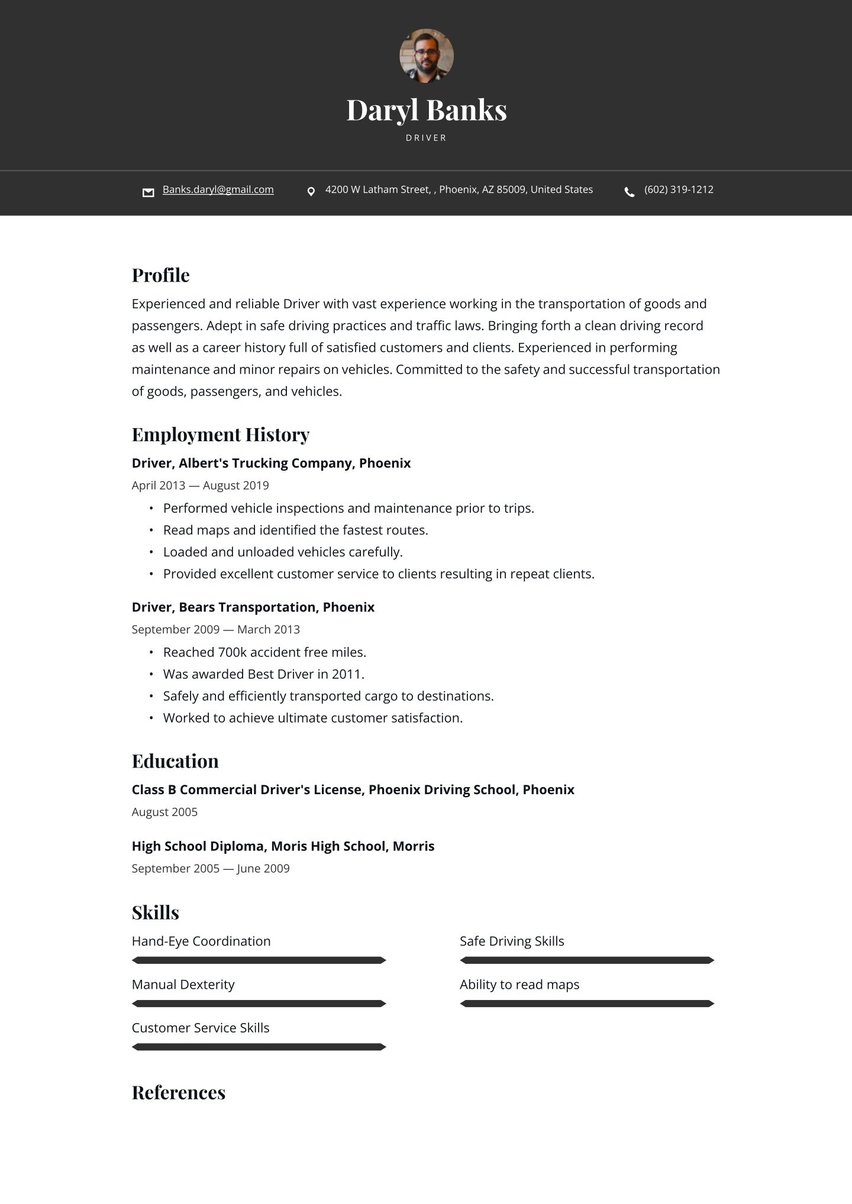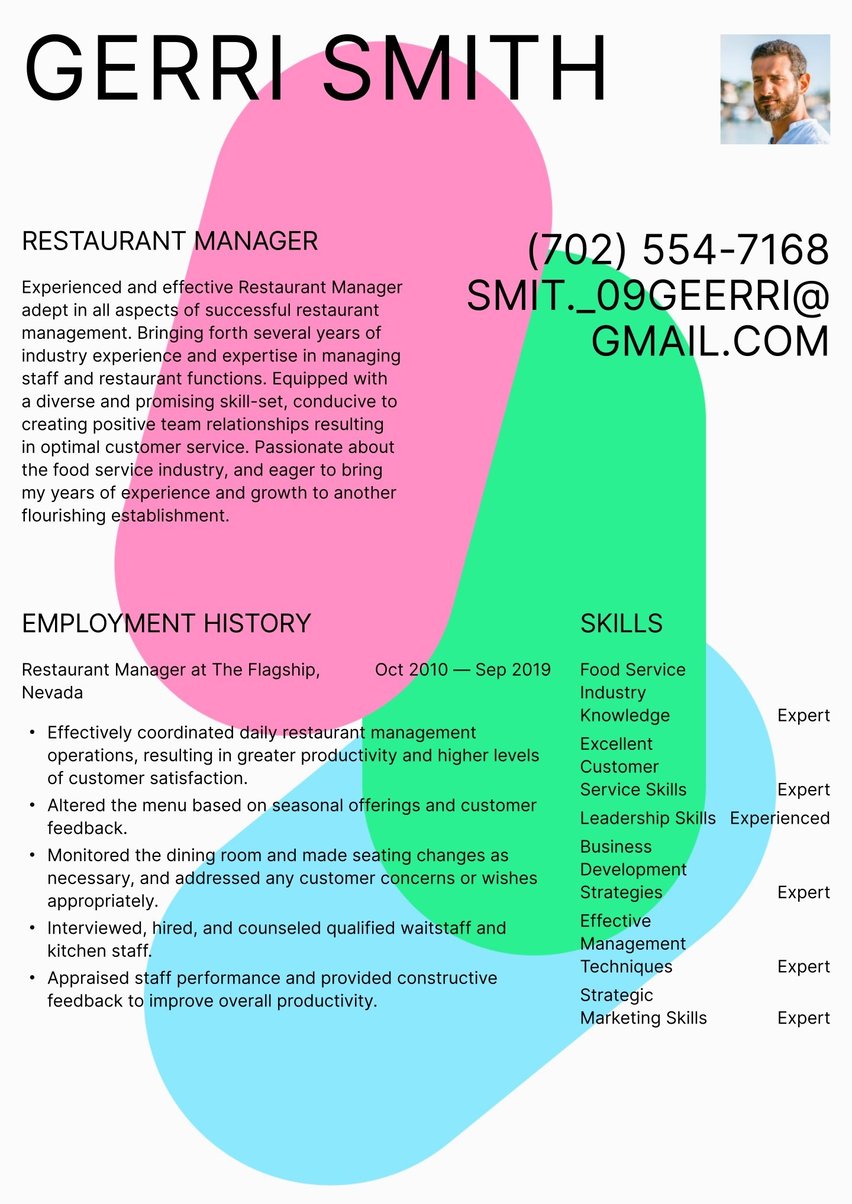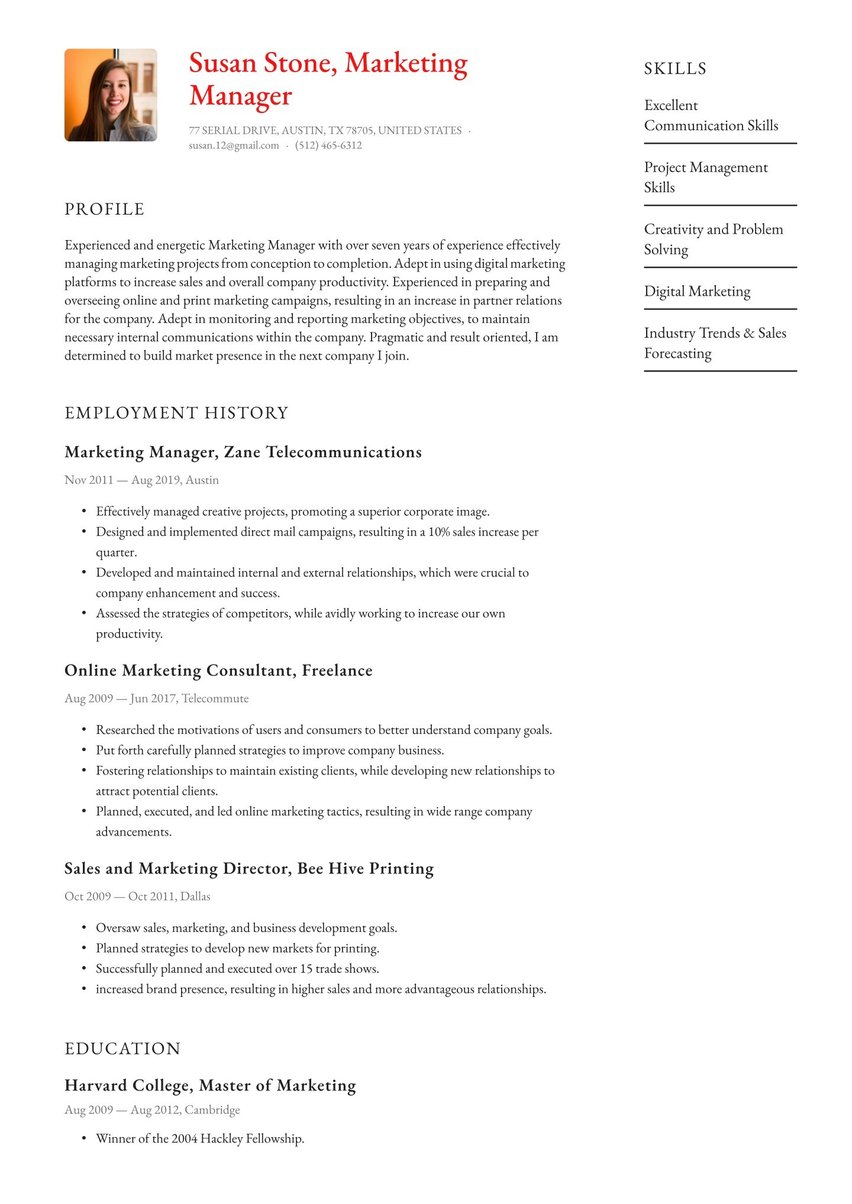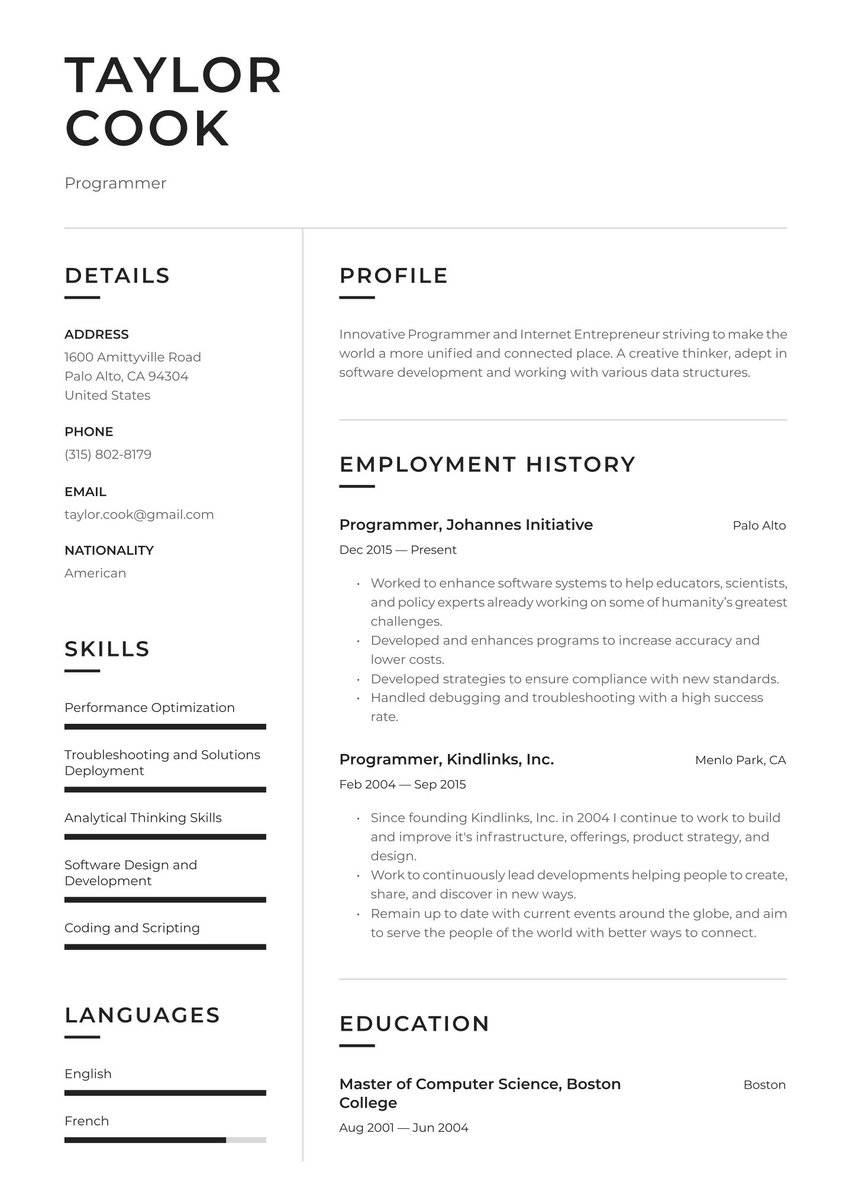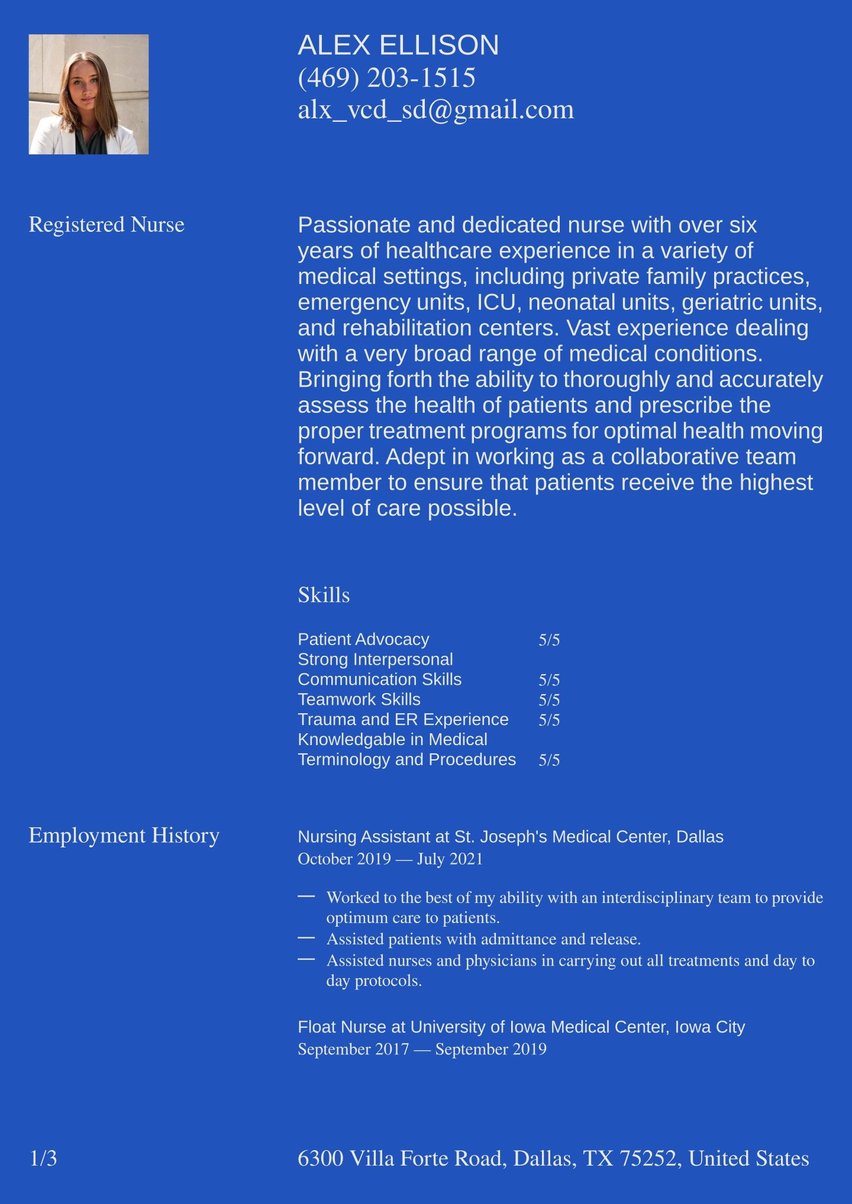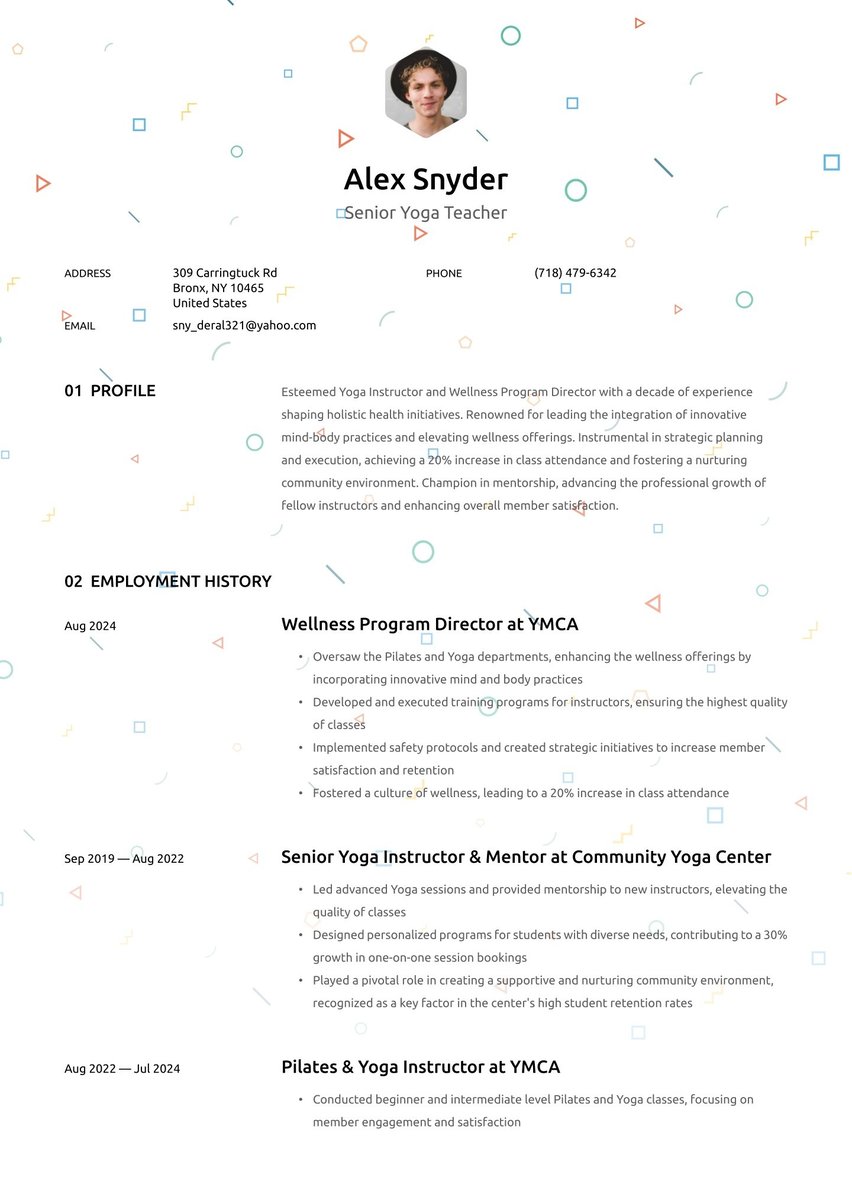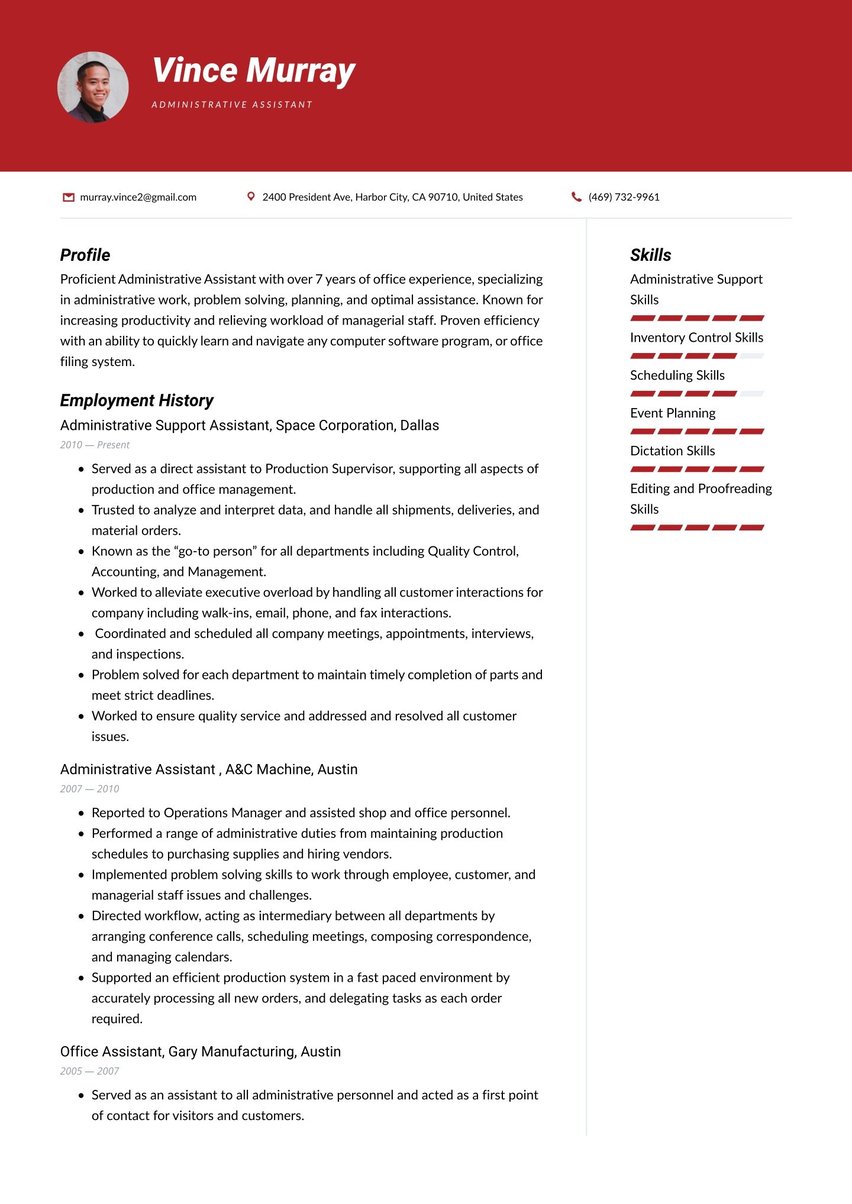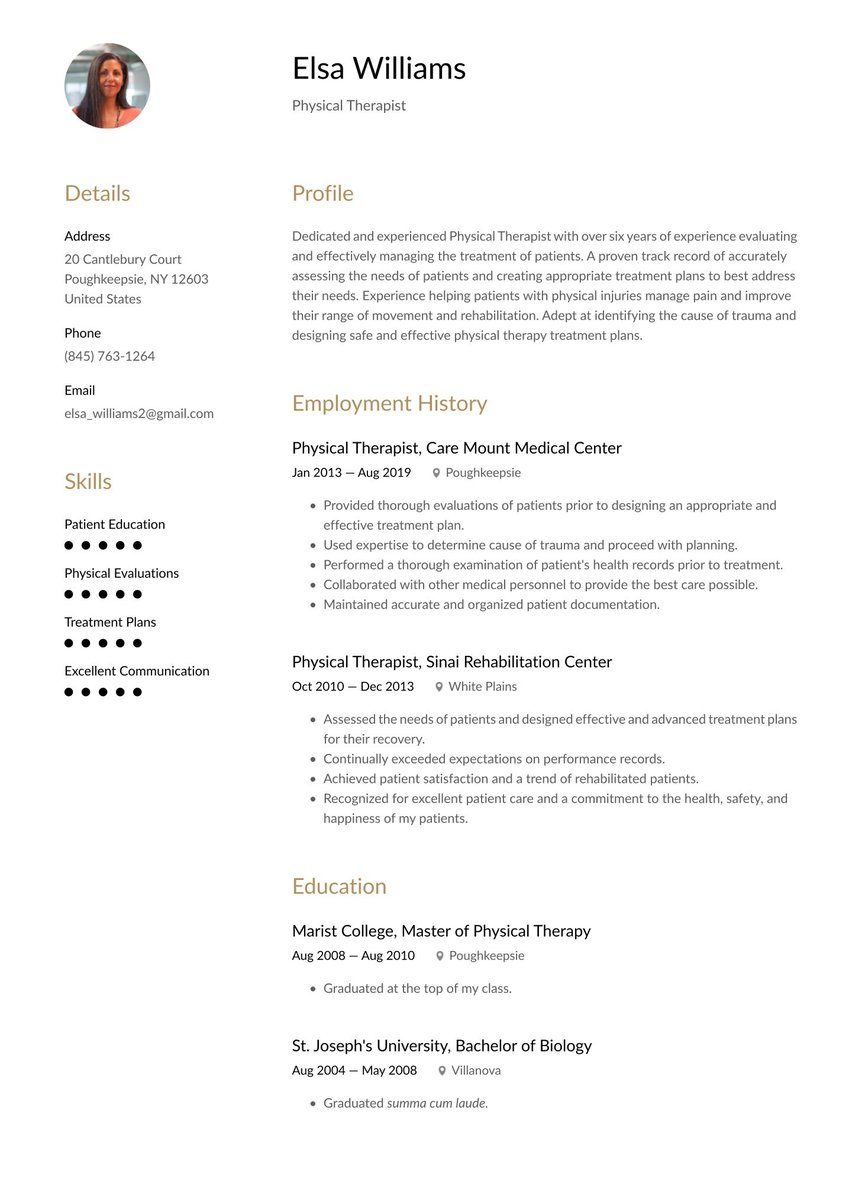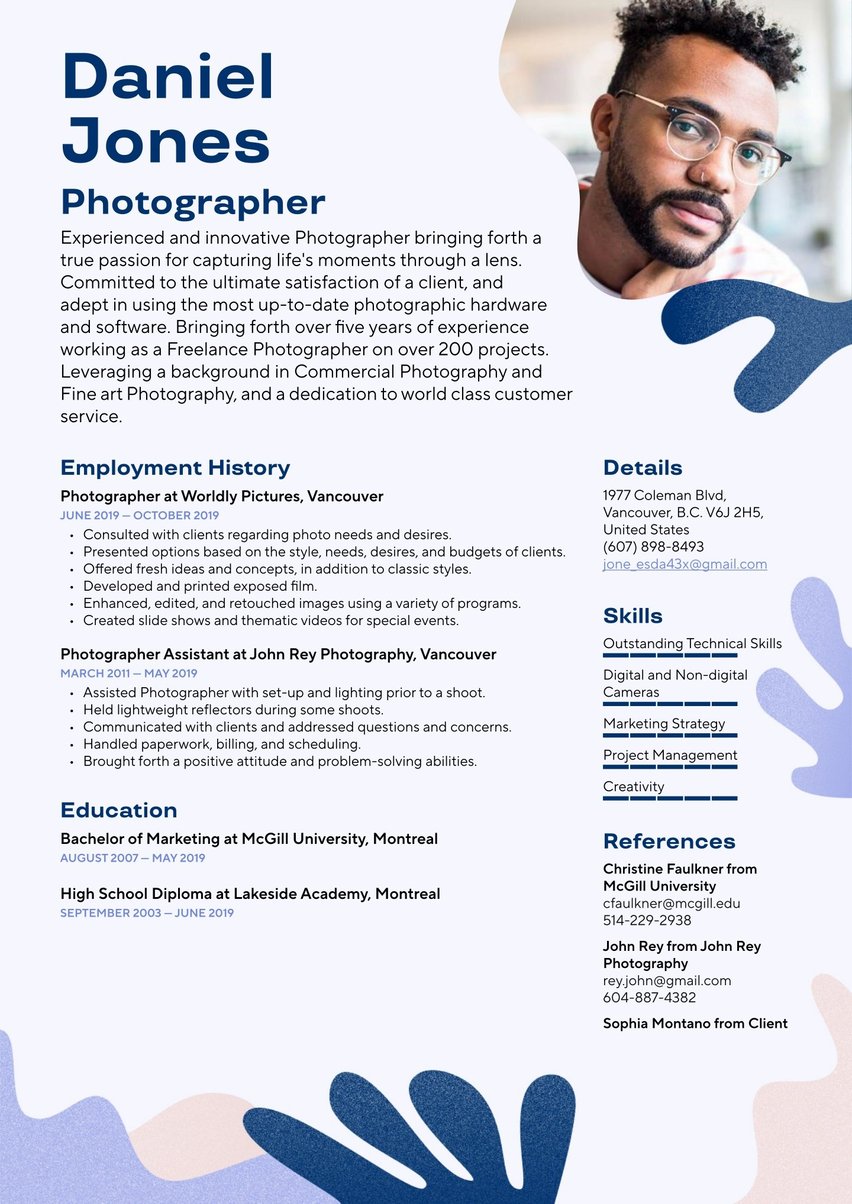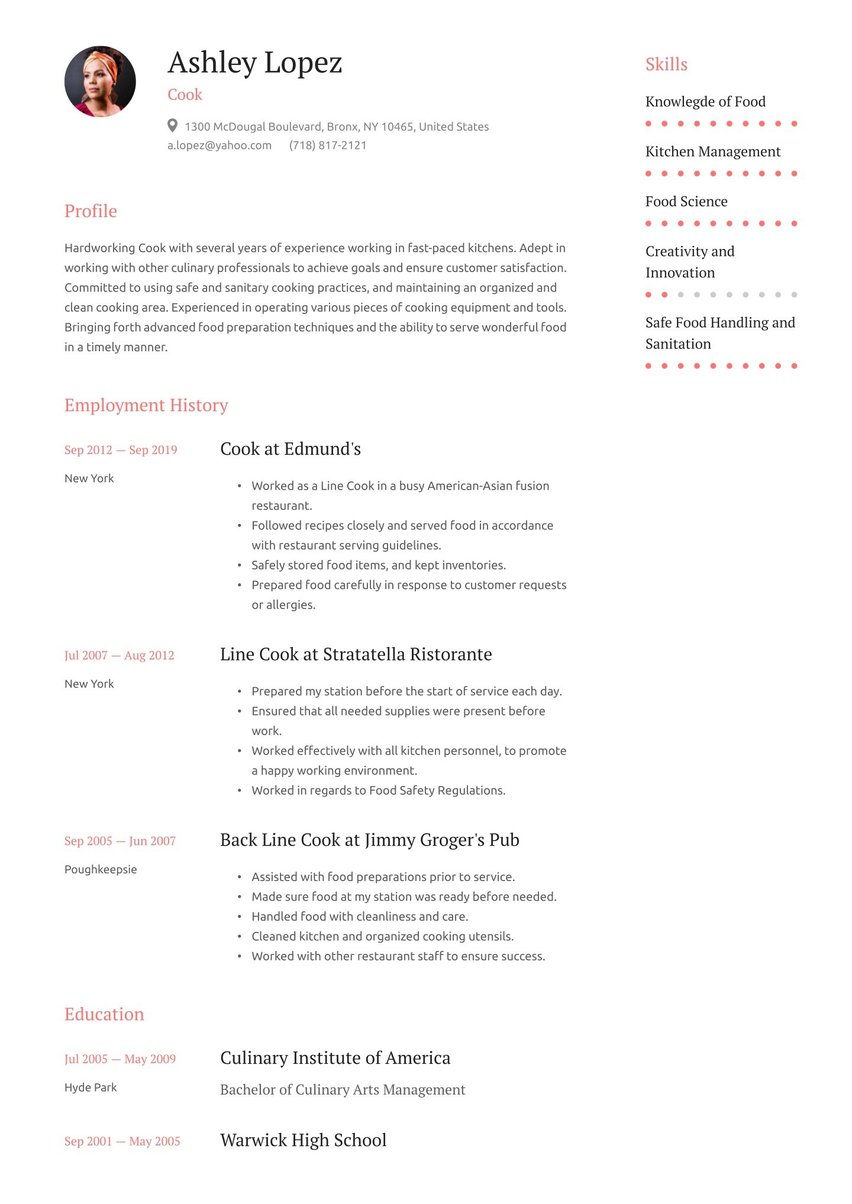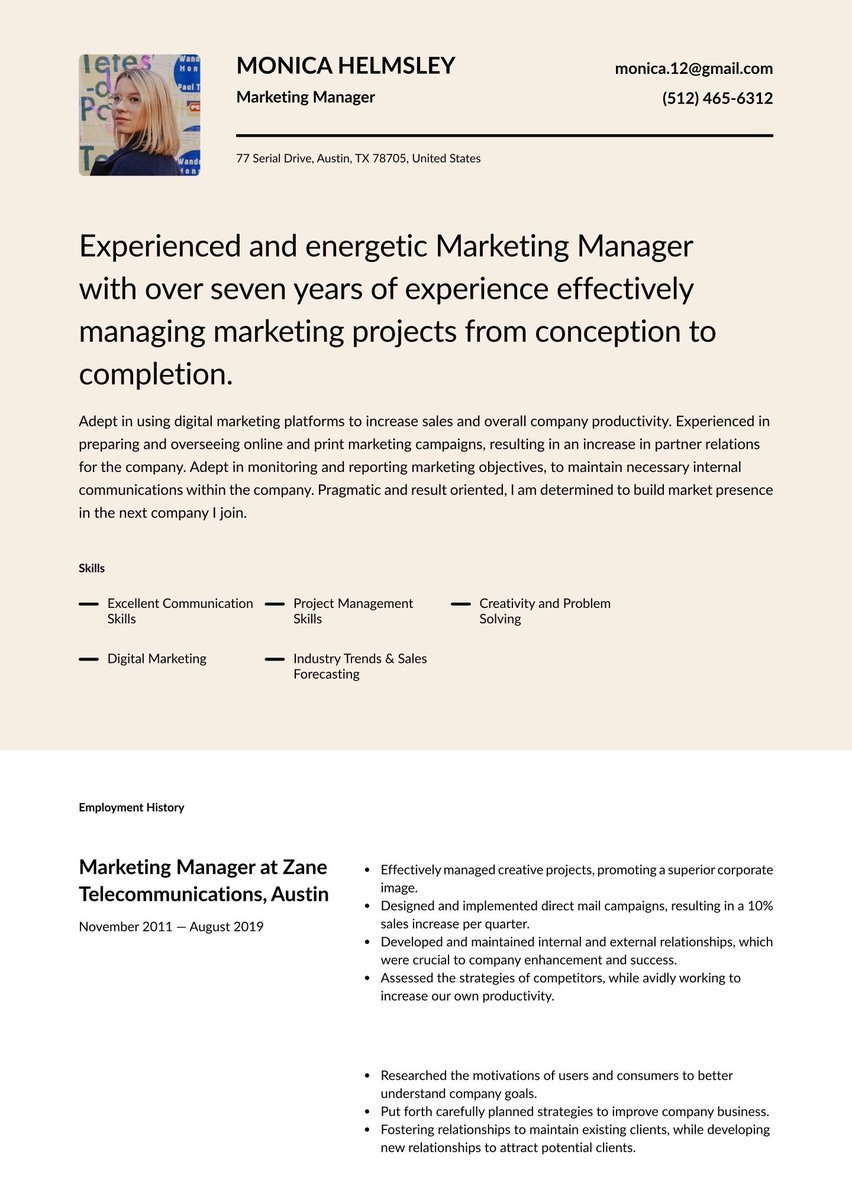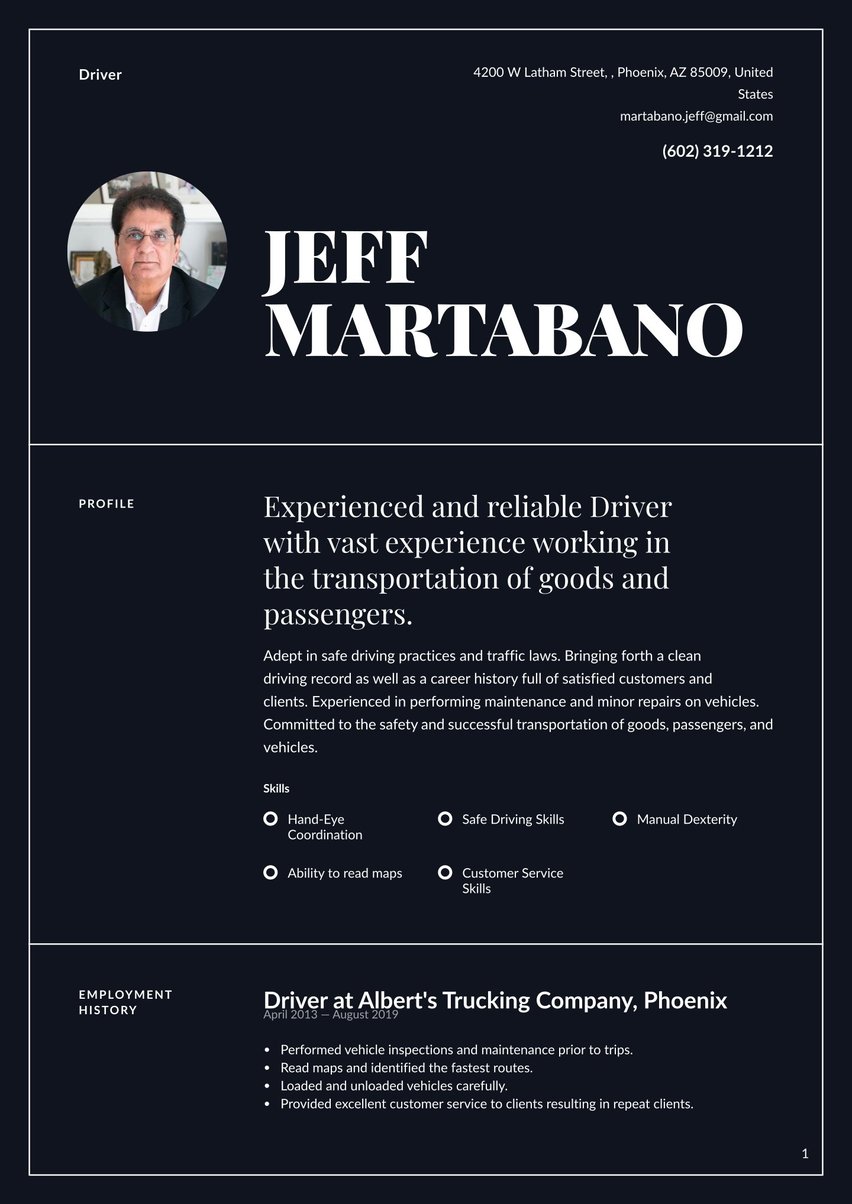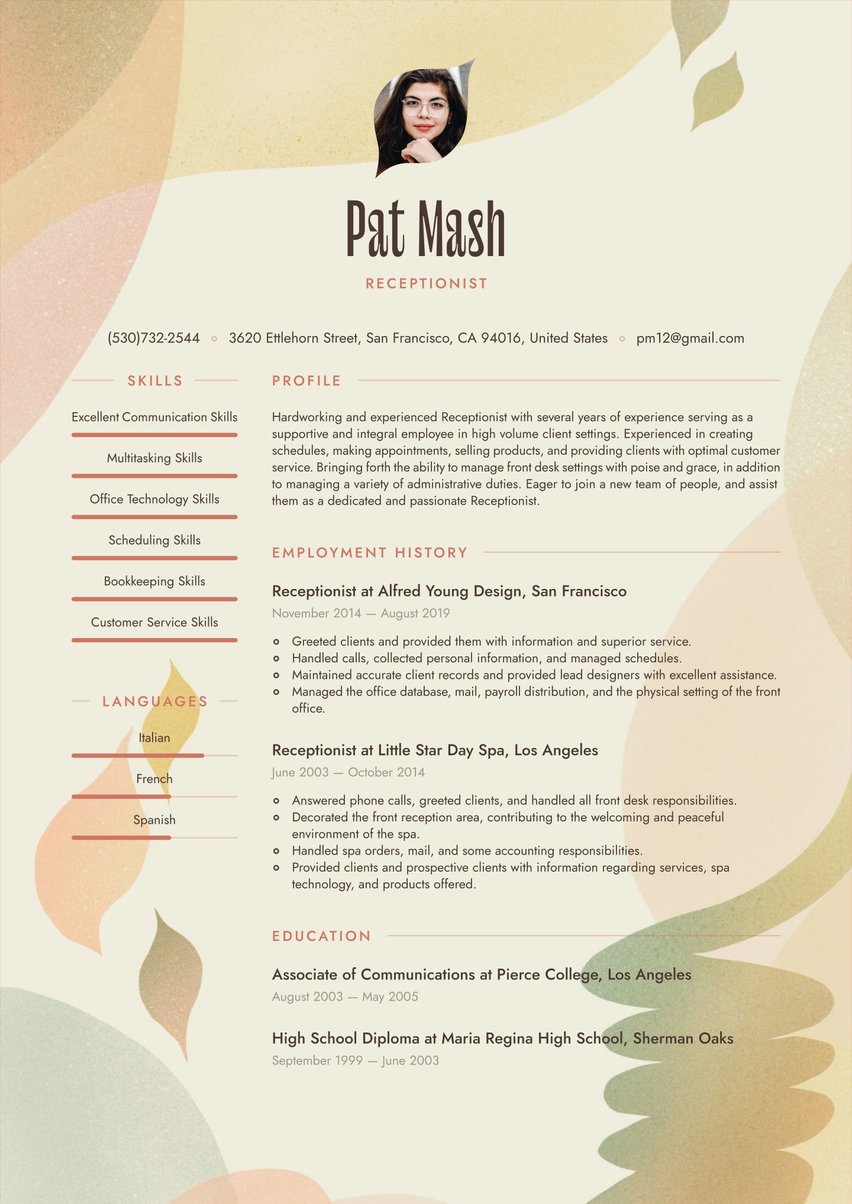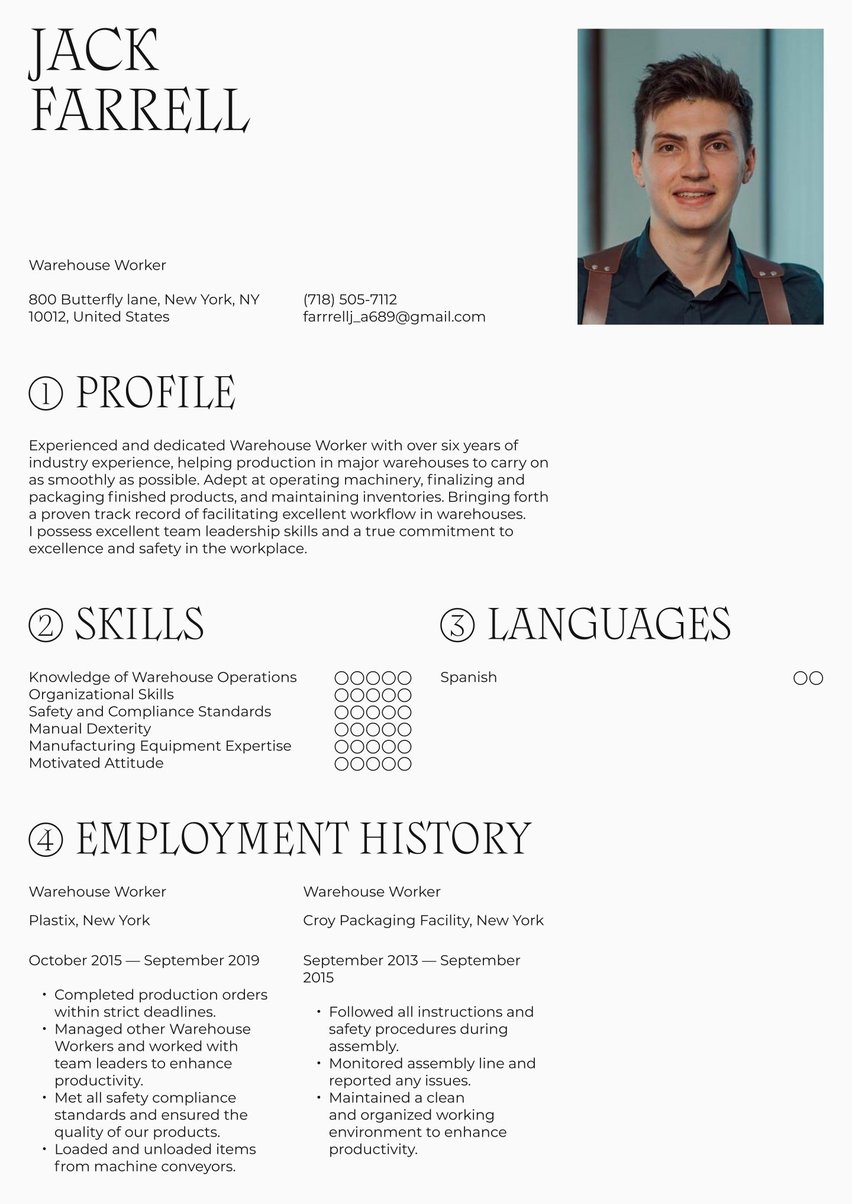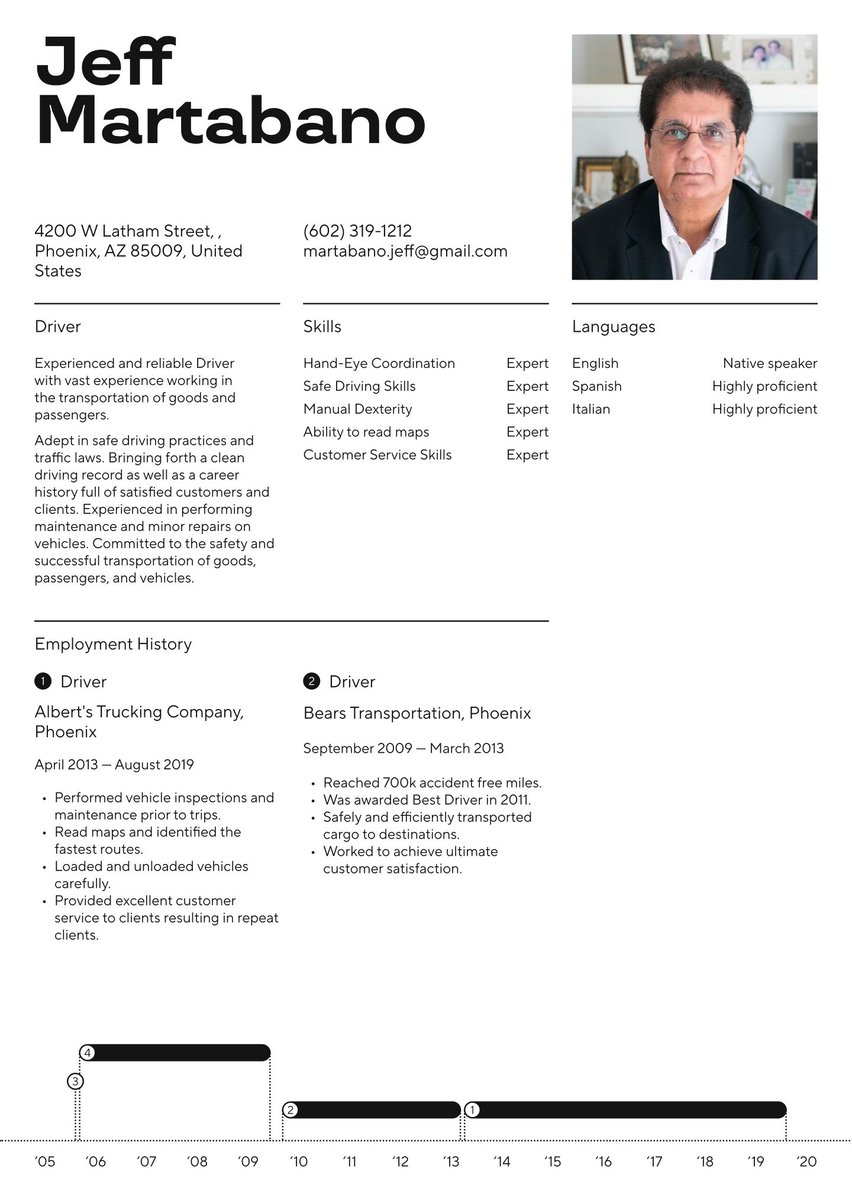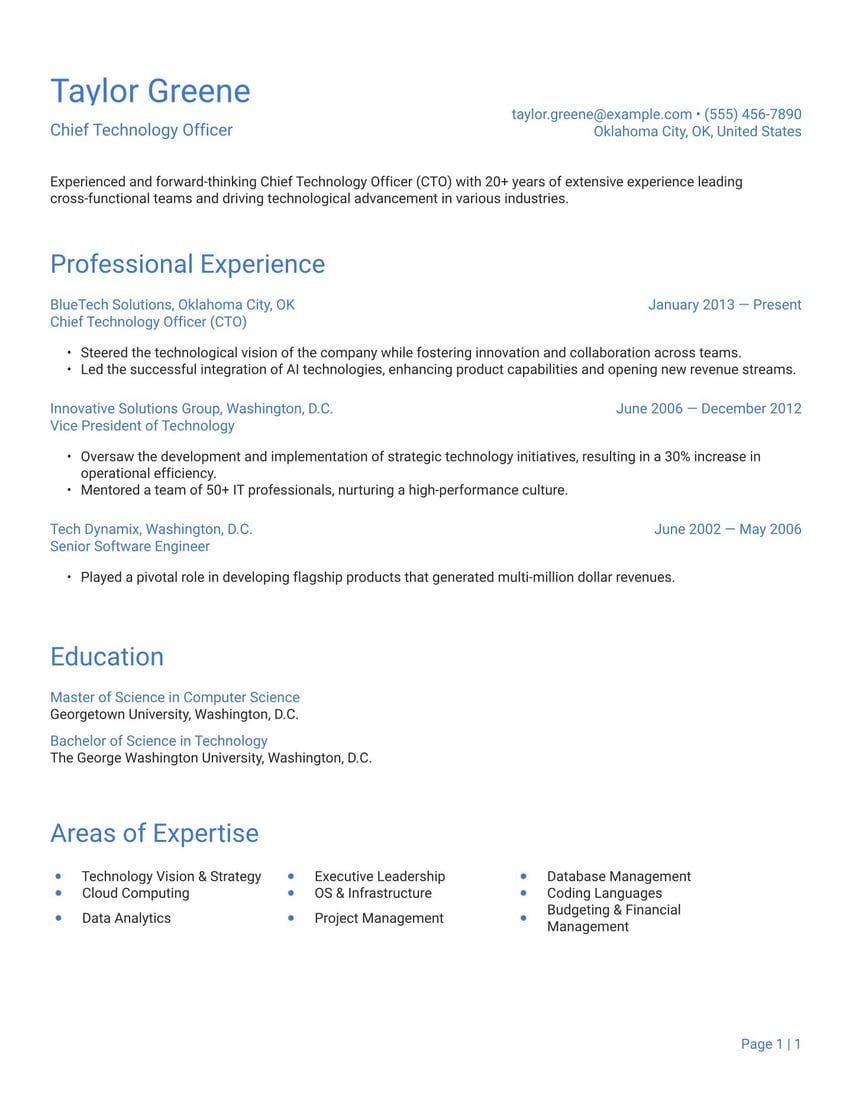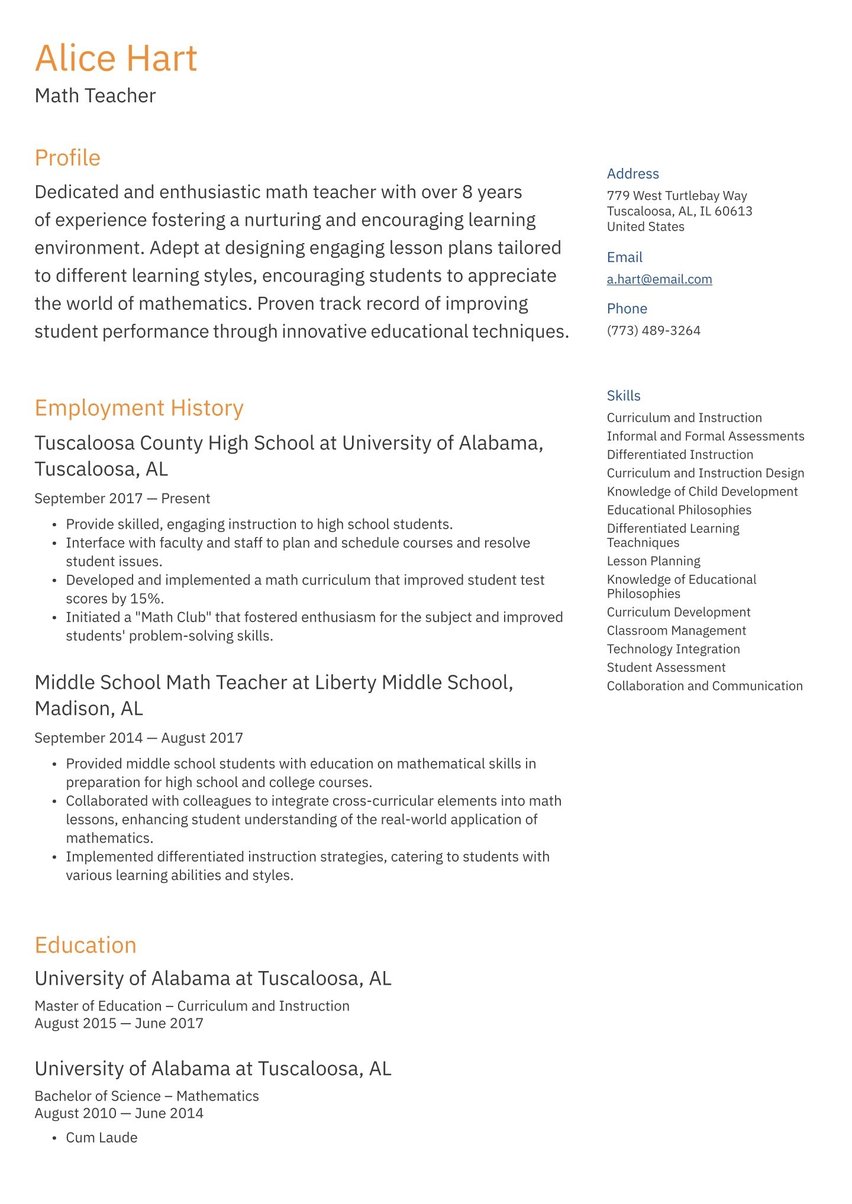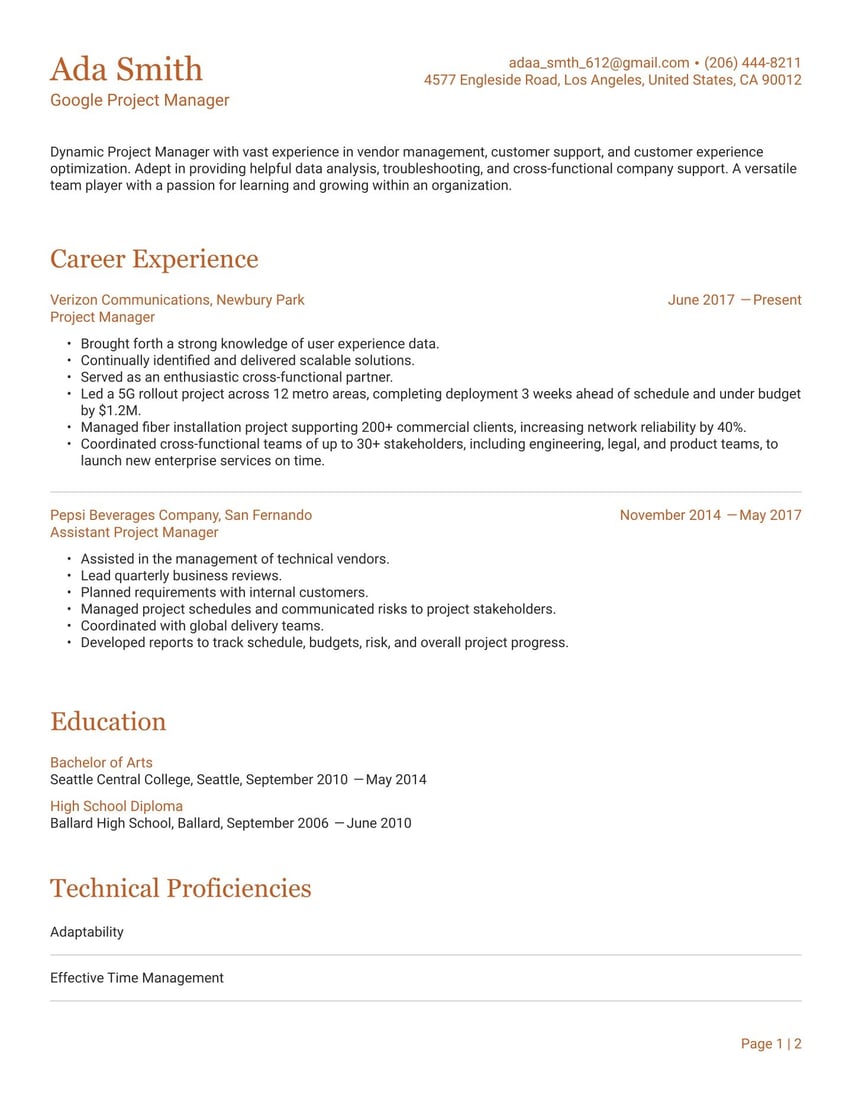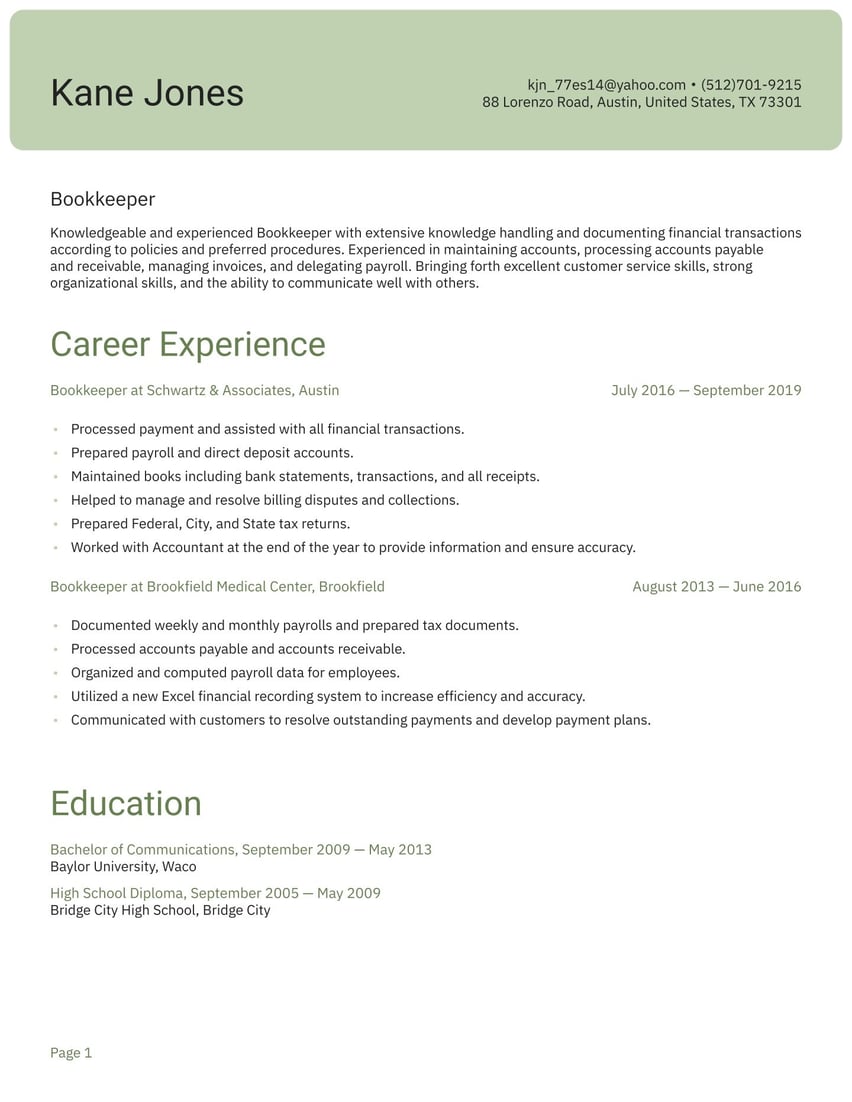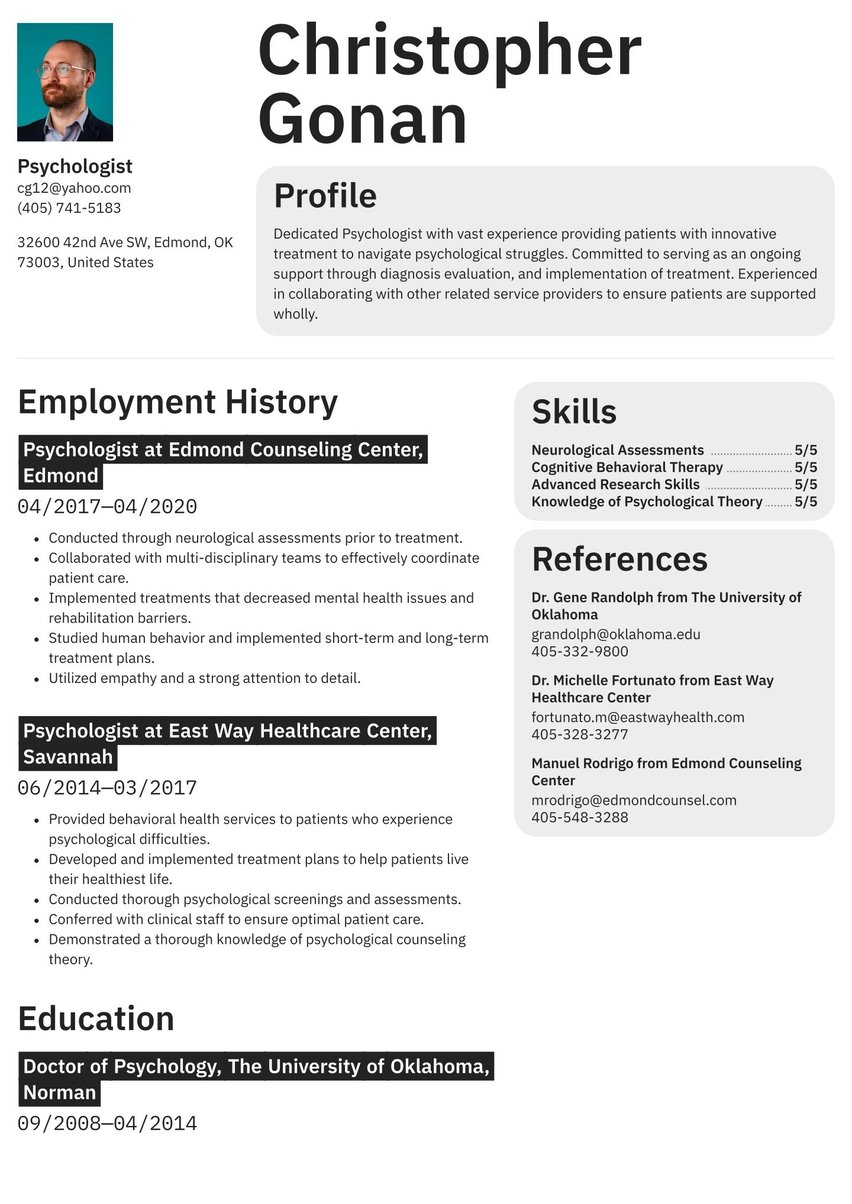Highly skilled leasing agent with demonstrated ability to successfully negotiate lease agreements and meet occupancy targets. Proven track record of providing exceptional customer service and building strong relationships with tenants and property owners. Effectively manage and resolve tenant complaints and conflicts, ensuring a positive and safe living environment for all residents.
02/2012 - 09/2023, Leasing Agent, PNW Properties, Seattle, WA
- Manage end-to-end leasing process for residential properties, resulting in high occupancy rates and increased revenue.
- Liaise with property owners, tenants, and contractors to ensure seamless transitions and positive tenant experiences.
- Inspect units, common areas, and grounds to ensure compliance with leases and property standards.
- Create and implement marketing strategies to attract new tenants and minimize vacancy rates.
- Continuously improve leasing processes and procedures, incorporating feedback from property owners and tenants to enhance tenant relations.
09/2008 - 02/2012, Leasing Assistant, PNW Properties, Seattle, WA
- Assisted leasing agent with maintaining occupancy levels, managing records, and collecting monthly rent payments.
- Conducted tours of available units with prospective tenants and gathered rental applications.
- Facilitated communication between owners and tenants to resolve issues in a timely manner.
- Prepared and presented monthly reports to property owners, highlighting occupancy rates, revenue, and expenses.
09/2010 - 06/2012, Associate of Arts, Seattle Central College, Liberal Arts
- Microsoft Office
- Communication Skills
- Lease Negotiation
- Lease Administration
- Rent Collection
- Tenant Relations
- Vendor Management
- Yardi Property Management Software
- Conflict Resolution
- Background/Credit Checks
- Facility Maintenance
- 04/2020, National Apartment Leasing Professional (NALP), National Apartment Association
Leasing agents are the brains behind the property market. You’re in the know when it comes to market values, prime rental areas, and how to find tenants their perfect place.
Leasing Agent resume examples by experience level
Combining your fabulous people skills with a solid knowledge base, you have the power to guide people through this mysterious process. So, how can you convey your talents and expertise in a resume format? If you’ve been wondering just that, we’ve got you covered.
Here at Resume.io, we make job-seeking a total breeze. We have a selection of tools you can utilize to land your next interview and find a role faster than ever. Check out our library of 350+ resume examples and corresponding writing guides whenever you need extra help. In the following writing guide, along with the resume example, we will be looking at:
- What leasing agents do on a daily basis and the market outlook
- How to format your resume and catch the hiring manager’s eye
- Advice on what to include in each section of your resume
- Expert-backed design and layout tips to make the right impression
What does a leasing agent do?
Leasing agents help prospective tenants find either residential or commercial properties and rent them. These professionals handle every aspect of the leasing process—from listing properties to overseeing the signing of agreements. The client-facing role will see you take on a rainbow array of duties and tasks, including:
- Listing residential or commercial properties
- Designing and distributing marketing materials for properties
- Liaising with landlords or companies
- Meeting with potential tenants to understand their needs
- Arranging open houses and viewing with clients
- Preparing the documentation and agreements for a lease
- Managing background and credit checks for tenants
- Overseeing the referencing process on behalf of landlords
- Dealing with any monetary issues, such as fees and security deposits
- Offering ongoing services to the tenants once confirmed
- Overseeing any maintenance within the building
- Negotiating new leases and agreements at term ends
- Acting as the main point of contact, when necessary
The duties that you take on will depend on the estate agents for whom you work. You may be a small cog in a large machine—solely taking care of one element of the process. On the other hand, if you work for a small agency, you could find yourself guiding prospective tenants through the entire process. Consider which type of business is likely to suit you.
Can you charm prospective tenants?
When you work as a leasing agent, you need to persuade prospective tenants to rent the properties that you are listing. To do that, you should employ some age-old sales techniques. Here are two tips inspired by advice from the Harvard Business Review:
- Make personal connections. When you’re collaborating with tenants, take the time to get to know them on a personal level. You are much more likely to be able to sway their opinion if you create a real connection with them.
- Mirror the customer. One of the biggest mistakes that salespeople make is speaking about themselves and their business. Listen to the customer—or, indeed, potential tenant—and take the time to understand what they need. You can become more persuasive by mirroring the language that they use too.
Leasing agent job market outlook
The future's looking bright. In 2023, the United States property management had a market size of $78.43 billion. However, experts project that the market will grow to the $95.13 billion point by the year 2028. While homeownership rates are declining across the country, for a variety of reasons, the renting and leasing market is soaring.
It’s not all about the residential property market, either. In the wake of the pandemic, the economy is recovering. This trend has led to a higher demand for offices and commercial leasing. The latest figures show that there are 307,621 property management businesses in the country. That is an increase of 4.1% when compared to 2022 numbers.
How much does a leasing agent make?
Good question! Before you start applying for jobs, you want to know what salary you can expect. Glassdoor puts the average wage for this job at between $40,000 and $62,000.
Want to make more money? Many leasing agents work on commission. That means that you get a percentage of the lease price when you close a deal. If you have the gift of the gab and enjoy a fast-paced industry, you could make more than you expect at first.
How to write a leasing agent resume
Looking for a new challenge? Before you start writing your leasing agent resume, you need to know what to include. There are defined sections from which you shouldn’t stray. Your CV should contain the following elements:
- The resume header
- The resume summary (aka profile or personal statement)
- The employment history section
- The resume skills section
- The education section
As a leasing agent, you will be no stranger to the wonderful world of sales. Just as you showcase a property’s best attributes to potential tenants, you need to highlight your value to the hiring manager. You can do that by using persuasive language, such as including strong action verbs, and adopting a positive tone of voice in your writing.
You should also include keywords on your resume. Most employers now use Applicant Tracking Systems (ATS), which sift through incoming resumes and rank them by how well they fit the job criteria. Using the right words could help you beat the bots and land on the hiring manager’s desk. Refer back to the original job posting and pick out industry-based words from it. Edit your resume to include these exact words, where appropriate.
Never, ever use a “one size fits all” approach to your resume. The hiring manager can spot a copied-and-pasted application in seconds. Instead, show that you are interested in this specific position by doing your research. Take the time to read about the leasing agency, the type of properties it manages, and the clients it serves. You can also gain insights by Googling the business name and reading any articles that happen to pop up. Gaining more than a surface-level understanding of the company could make all of the difference.
Choosing the best resume format for a leasing agent
Now that you understand how to write your resume, let’s take a minute to muse over the format. The golden rule here is that you should use a reverse chronological approach. Start with your most recent work experience and qualifications at the top of the page. As you move down the page, move backward by date order. Hiring managers expect this structure, and so following it is likely to win them over.
Of course, there may be times when you want to break the rules. We’ve all been there. If you are a career changer or lack experience, you may want to use a functional resume format. This structure focuses on your talents and skills, rather than your experience. Should you need more advice on which approach to use, read our formatting guide now.
Need more inspiration? It may be useful to take a look at some of our similar resume examples. Here are some that you can check out now:
- Realtor resume sample
- Property Manager resume sample
- New Home Sales Consultant resume sample
- Title Examiner resume sample
- Title Insurance Coordinator resume sample
- Interior Designer resume sample
- Real Estate Coordinator resume sample
- Architect resume sample
- Real Estate Assistant resume sample
- Interior Decorator resume sample
- Real estate resume sample
Resume summary example
Also known as a profile, the resume summary sits at the top of the document. It is a three-to-four-line blurb about your professional finesse. Consider what your Unique Selling Proposition (USP) is. What do you have that other candidates lack? You can use this as your “hook” when you write your resume summary. You need to grab the reader’s attention quickly and this is the part of your application that they are most likely to read first.
Highly skilled leasing agent with demonstrated ability to successfully negotiate lease agreements and meet occupancy targets. Proven track record of providing exceptional customer service and building strong relationships with tenants and property owners. Effectively manage and resolve tenant complaints and conflicts, ensuring a positive and safe living environment for all residents.
Employment history sample
If you have a proven track record of success, now is the time to shout about it. Yes, you need to brief the reader on the basics here. Those are your employers’ names, the dates of employment, and your role. Once you’ve dealt with that, it’s time to move on to the good stuff. Bullet point your biggest achievements and tasks beneath each of the titles.
Wherever possible, you should provide evidence for your claims and be specific. For example, rather than simply saying that you had “satisfied customers,” say that you “earned a 98.5% customer satisfaction rating”.
Since resume real estate is valuable, you need to save space. Avoid using any “I” statements and cut to the chase. So, don’t say “I was responsible for managing a team,” but instead say “managed 10+ team members”. Can you spot the difference? If in doubt, take a look at our employment history sample below.
Leasing Agent at PNW Properties, Seattle, WA
February 2012 - Present
- Manage end-to-end leasing process for residential properties, resulting in high occupancy rates and increased revenue.
- Liaise with property owners, tenants, and contractors to ensure seamless transitions and positive tenant experiences.
- Inspect units, common areas, and grounds to ensure compliance with leases and property standards.
- Create and implement marketing strategies to attract new tenants and minimize vacancy rates.
- Continuously improve leasing processes and procedures, incorporating feedback from property owners and tenants to enhance tenant relations.
Leasing Assistant at PNW Properties, Seattle, WA
September 2008 - February 2012
- Assisted leasing agent with maintaining occupancy levels, managing records, and collecting monthly rent payments.
- Conducted tours of available units with prospective tenants and gathered rental applications.
- Facilitated communication between owners and tenants to resolve issues in a timely manner.
- Prepared and presented monthly reports to property owners, highlighting occupancy rates, revenue, and expenses.
Resume skills example
To land your next job, you are going to need to showcase your talents on your CV. It’s important to include both hard and soft skills when writing your application. Hard skills are technical and apply directly to the job. For instance, “distributing tenancy agreements” would be a hard skill. Soft skills help you to get the job done with ease. You might want to talk about your “excellent communication” skills or your “organizational” skills here.
- Microsoft Office
- Communication Skills
- Lease Negotiation
- Lease Administration
- Rent Collection
- Tenant Relations
- Vendor Management
- Yardi Property Management Software
- Conflict Resolution
- Background/Credit Checks
- Facility Maintenance
Leasing agent resume education example
Whether you have a college degree or a high school diploma, you can enter the property management sector. Include your highest level of qualification on your leasing agent resume. So, if you finished your education after high school, include only your diploma. Should you have a degree, or even two, only include them on your application. Simply outline the institute, the course or qualification, the dates, and the grade you achieved.
Associate of Arts, Seattle Central College, Liberal Arts
September 2010 - June 2012
Resume layout and design
Hiring managers spend just seven seconds reviewing each resume. That is the amount of time you have to make the right first impression. Here are some tips to help you out:
- Keep the layout simple. Don’t use flashy or creative resume designs. Your application has to get the job done. Make sure that the hiring manager can easily read the content of your document and gain the details that they need.
- Use one or two fonts. Avoid varying the font style and size. You want your resume to have a consistent look. Pick out a couple of fonts that suit it and use them.
- Space it out well. You need to leave space between the different sections of your resume. This approach will make it easier to read than if it is all crammed in there.
Worried about getting the design on point? Take all of the hassle out of creating your next application by using one of our field-tested resume templates.
Leasing agent text-only resume example
Profile
Highly skilled leasing agent with demonstrated ability to successfully negotiate lease agreements and meet occupancy targets. Proven track record of providing exceptional customer service and building strong relationships with tenants and property owners. Effectively manage and resolve tenant complaints and conflicts, ensuring a positive and safe living environment for all residents.
Employment history
Leasing Agent at PNW Properties, Seattle, WA
February 2012 - Present
- Manage end-to-end leasing process for residential properties, resulting in high occupancy rates and increased revenue.
- Liaise with property owners, tenants, and contractors to ensure seamless transitions and positive tenant experiences.
- Inspect units, common areas, and grounds to ensure compliance with leases and property standards.
- Create and implement marketing strategies to attract new tenants and minimize vacancy rates.
- Continuously improve leasing processes and procedures, incorporating feedback from property owners and tenants to enhance tenant relations.
Leasing Assistant at PNW Properties, Seattle, WA
September 2008 - February 2012
- Assisted leasing agent with maintaining occupancy levels, managing records, and collecting monthly rent payments.
- Conducted tours of available units with prospective tenants and gathered rental applications.
- Facilitated communication between owners and tenants to resolve issues in a timely manner.
- Prepared and presented monthly reports to property owners, highlighting occupancy rates, revenue, and expenses.
Skills
- Microsoft Office
- Communication Skills
- Lease Negotiation
- Lease Administration
- Rent Collection
- Tenant Relations
- Vendor Management
- Yardi Property Management Software
- Conflict Resolution
- Background/Credit Checks
- Facility Maintenance
Education
Associate of Arts, Seattle Central College, Liberal Arts
September 2010 - June 2012
Key takeaways for a leasing agent resume
- The property management business is booming. If you’re looking for a steady job, landing a role in this sector is the answer.
- Make sure that you tailor your resume to meet the needs of the business at hand.
- Include relevant keywords on the document and increase your chances of getting past the ATS.
- If you want to make the process easier than ever, you can use a resume template!


.jpg)

.jpg)





